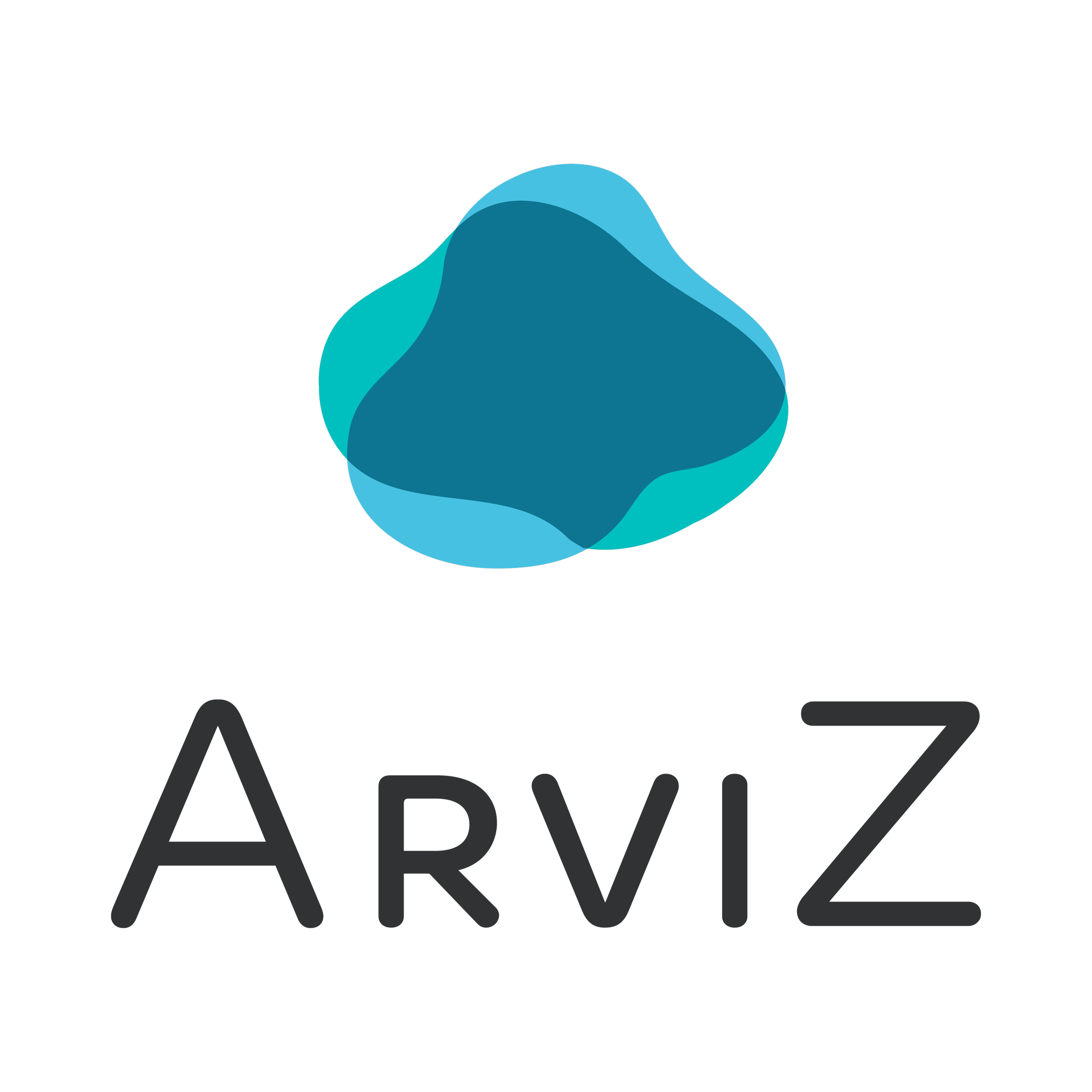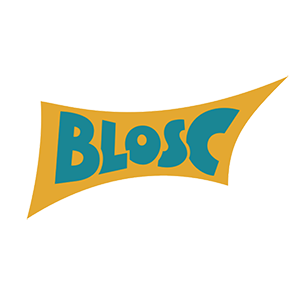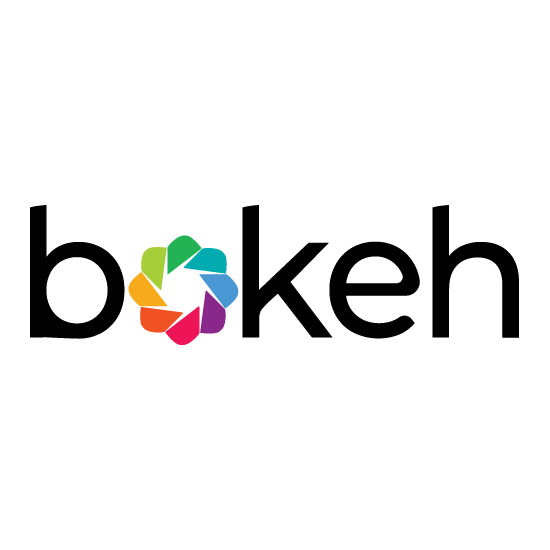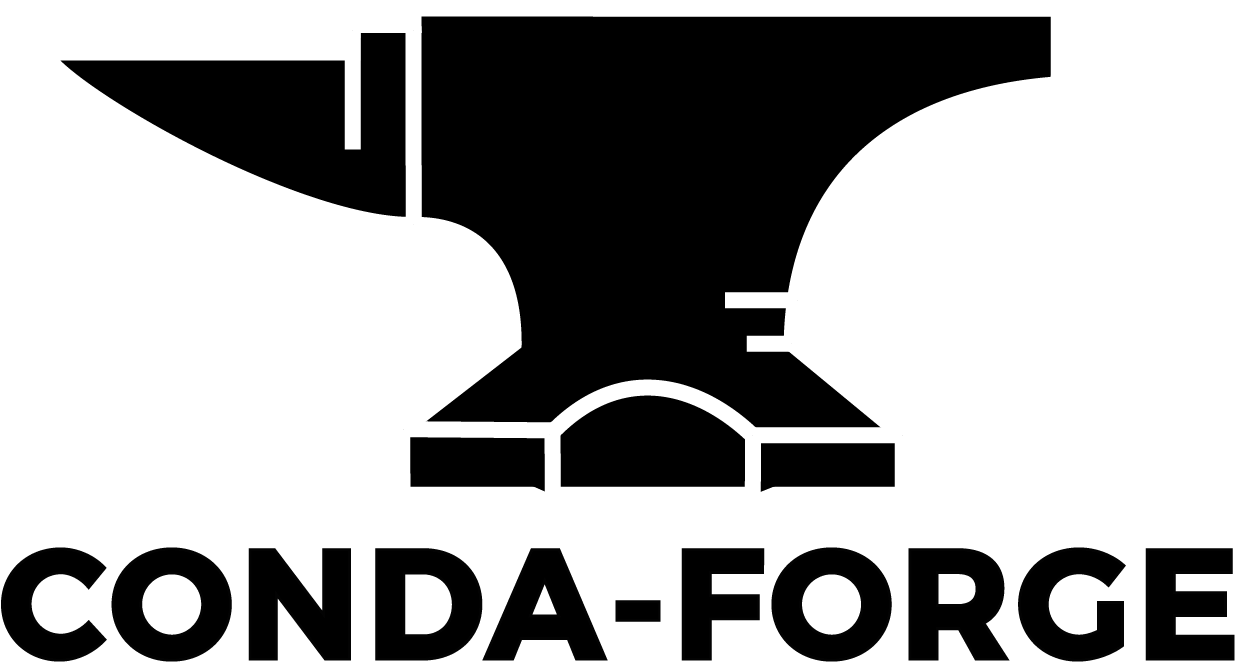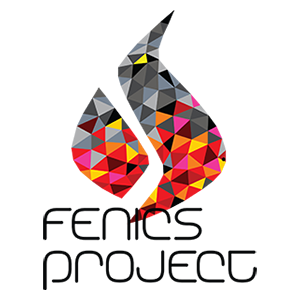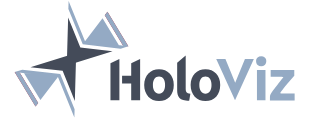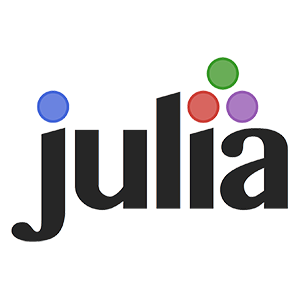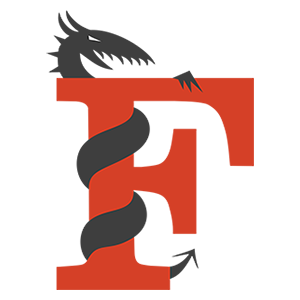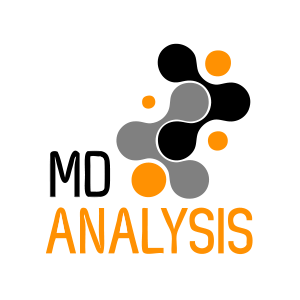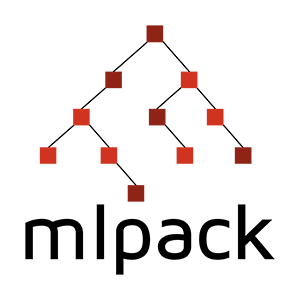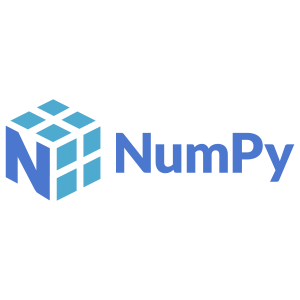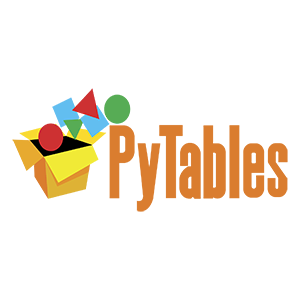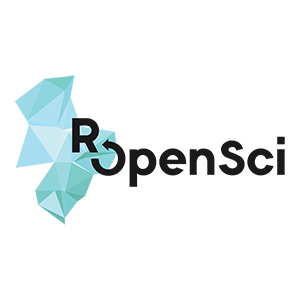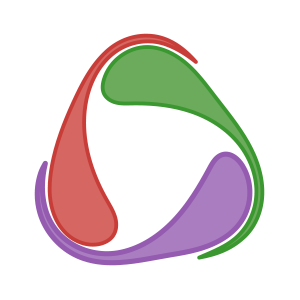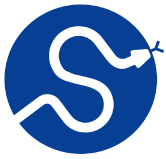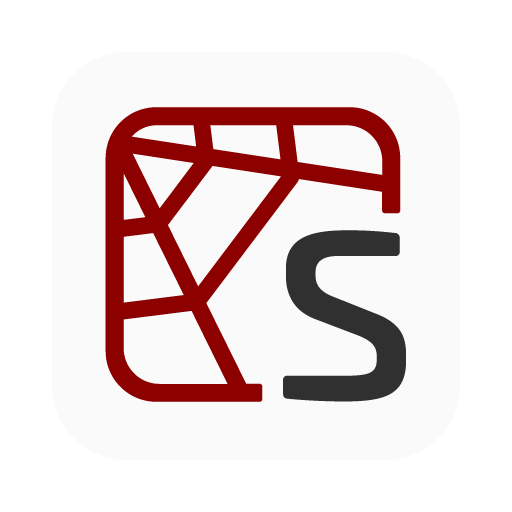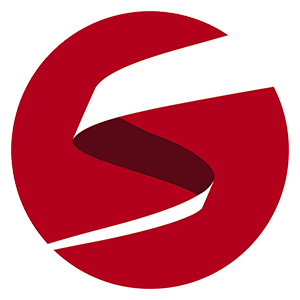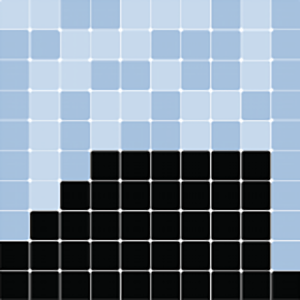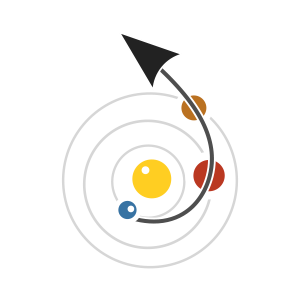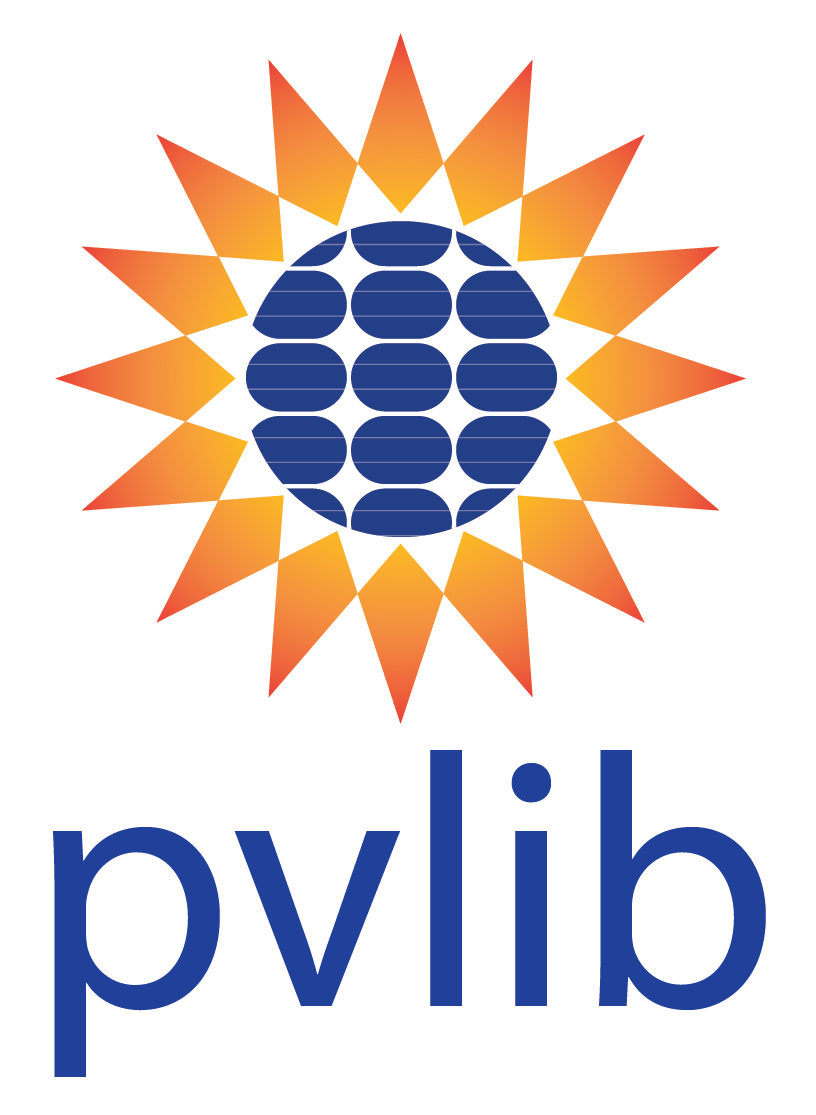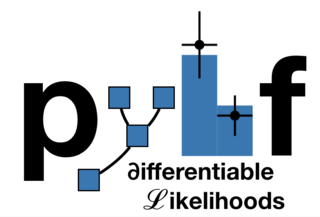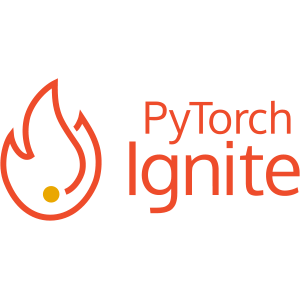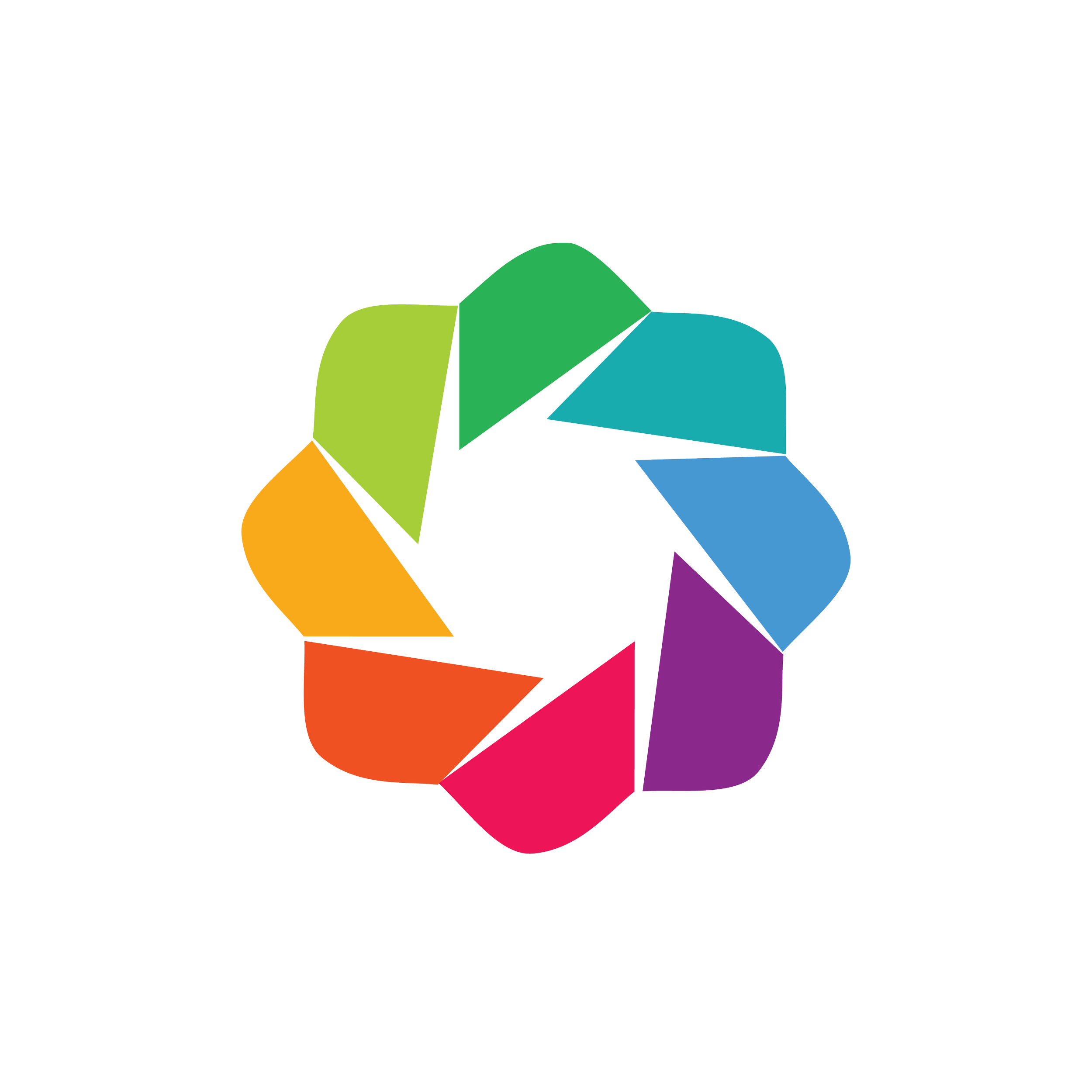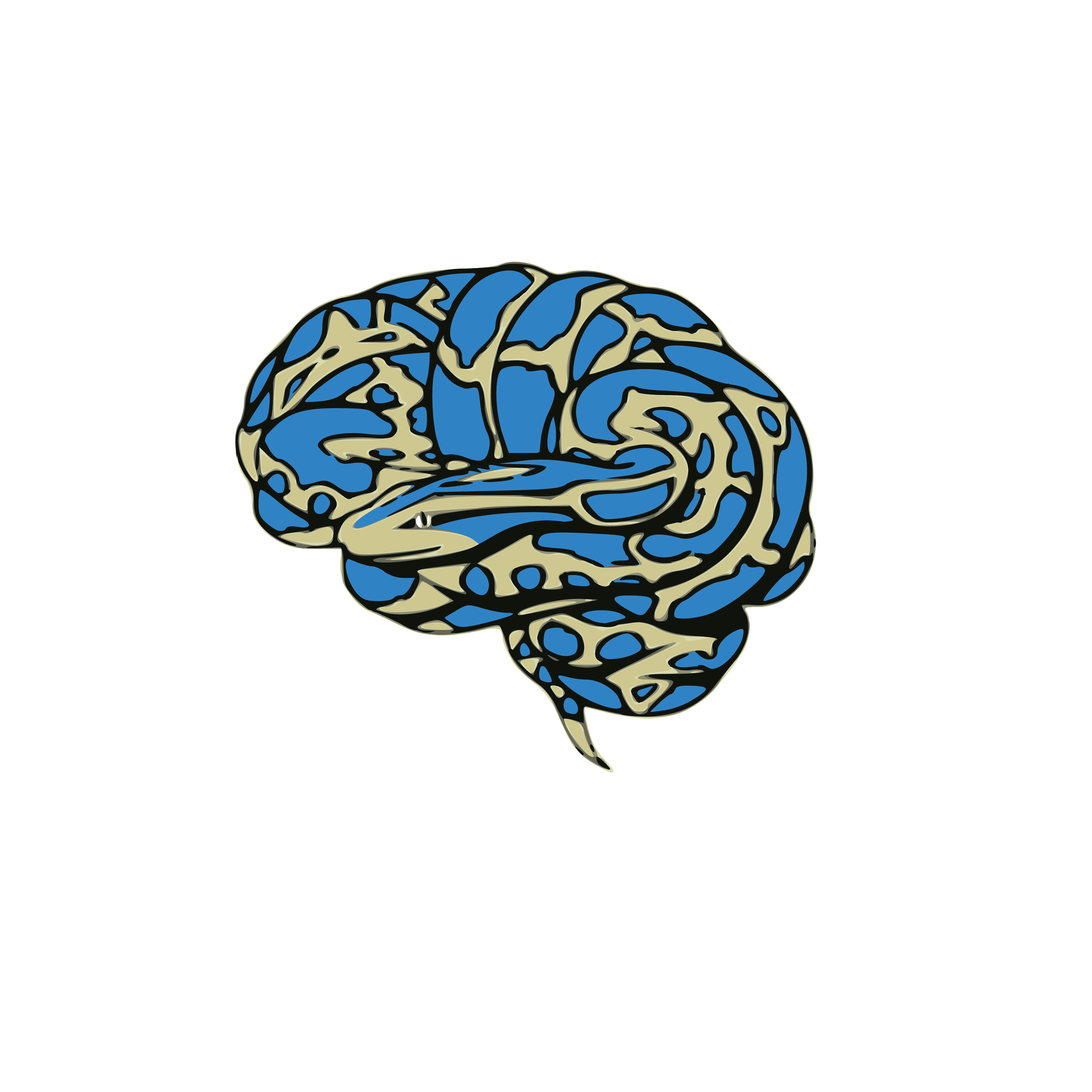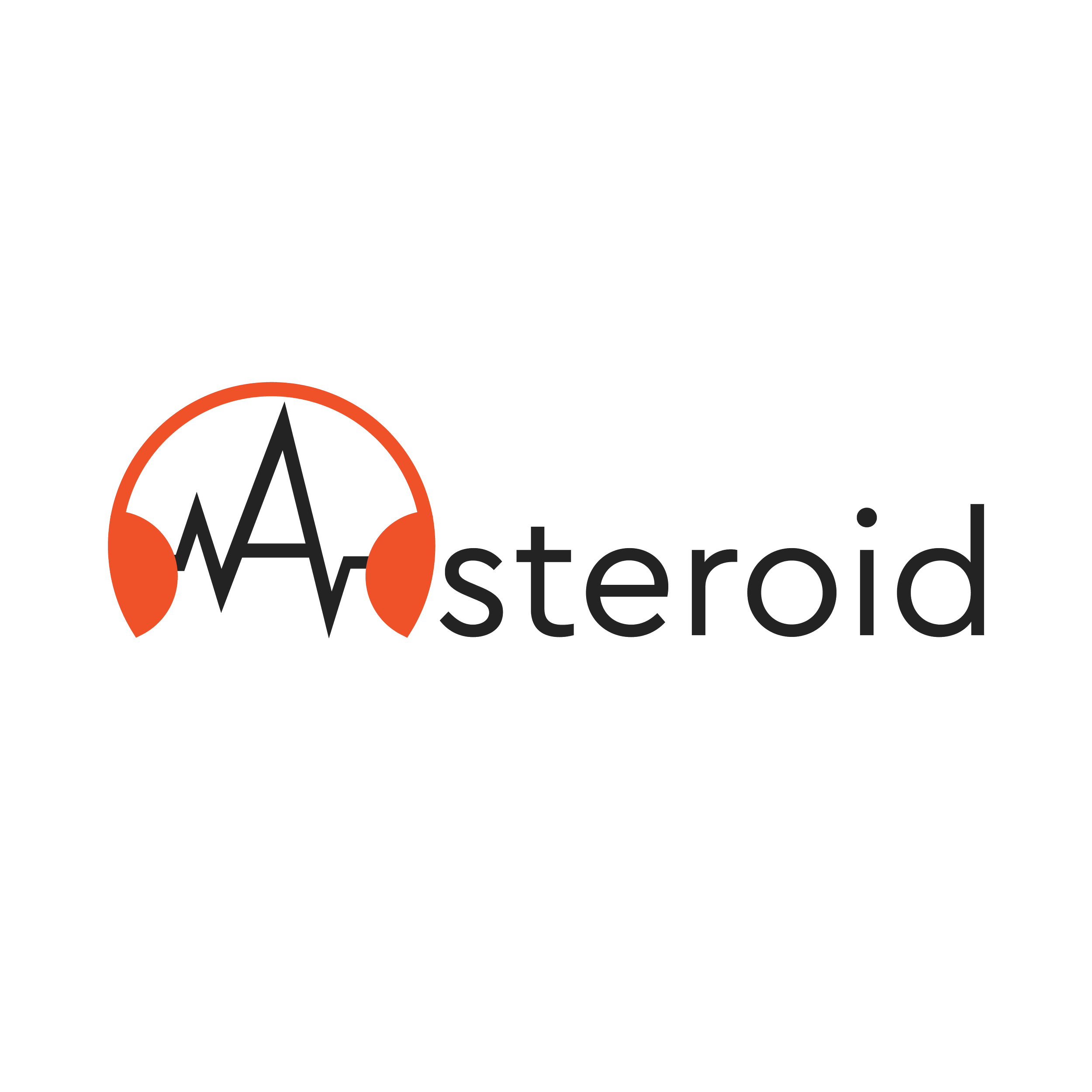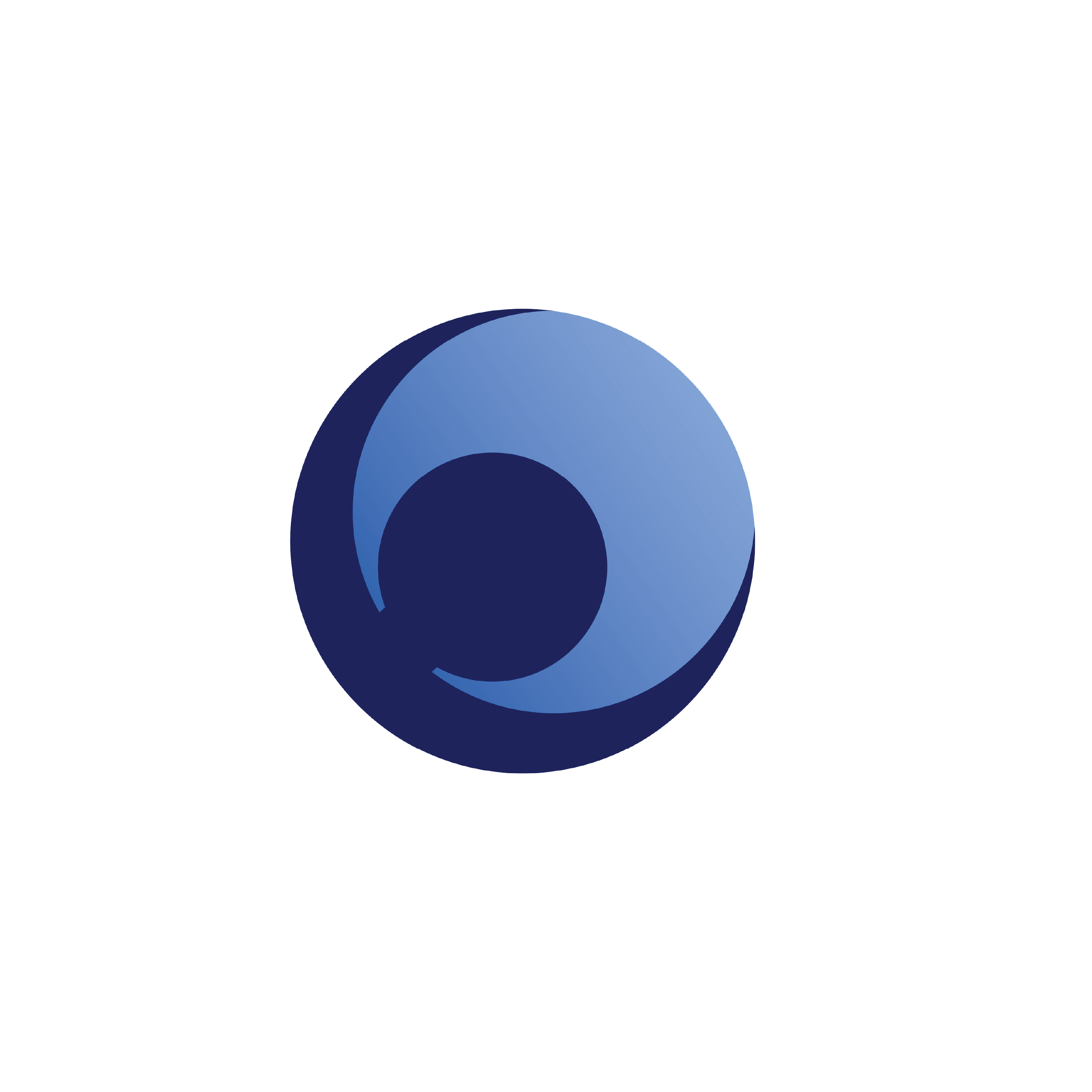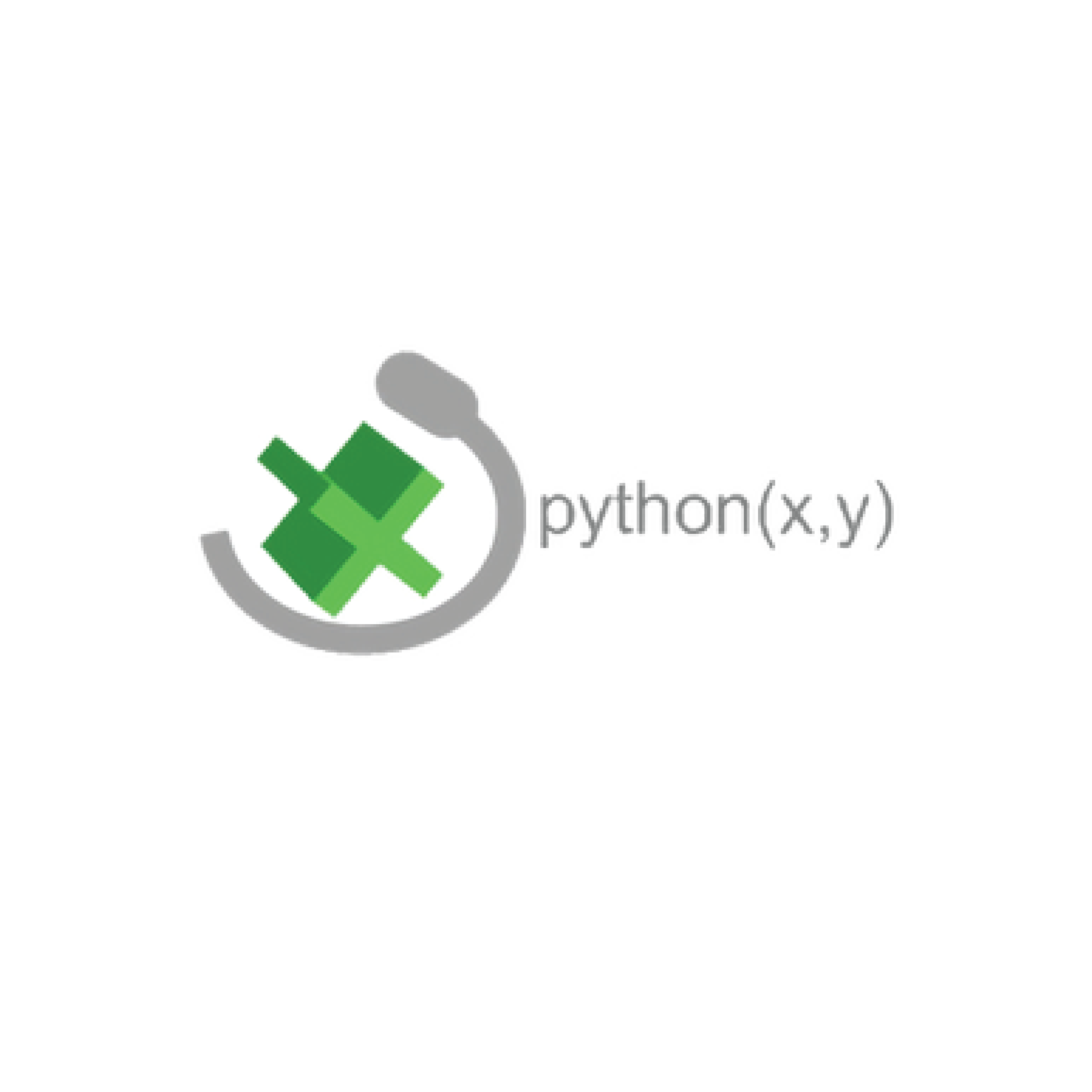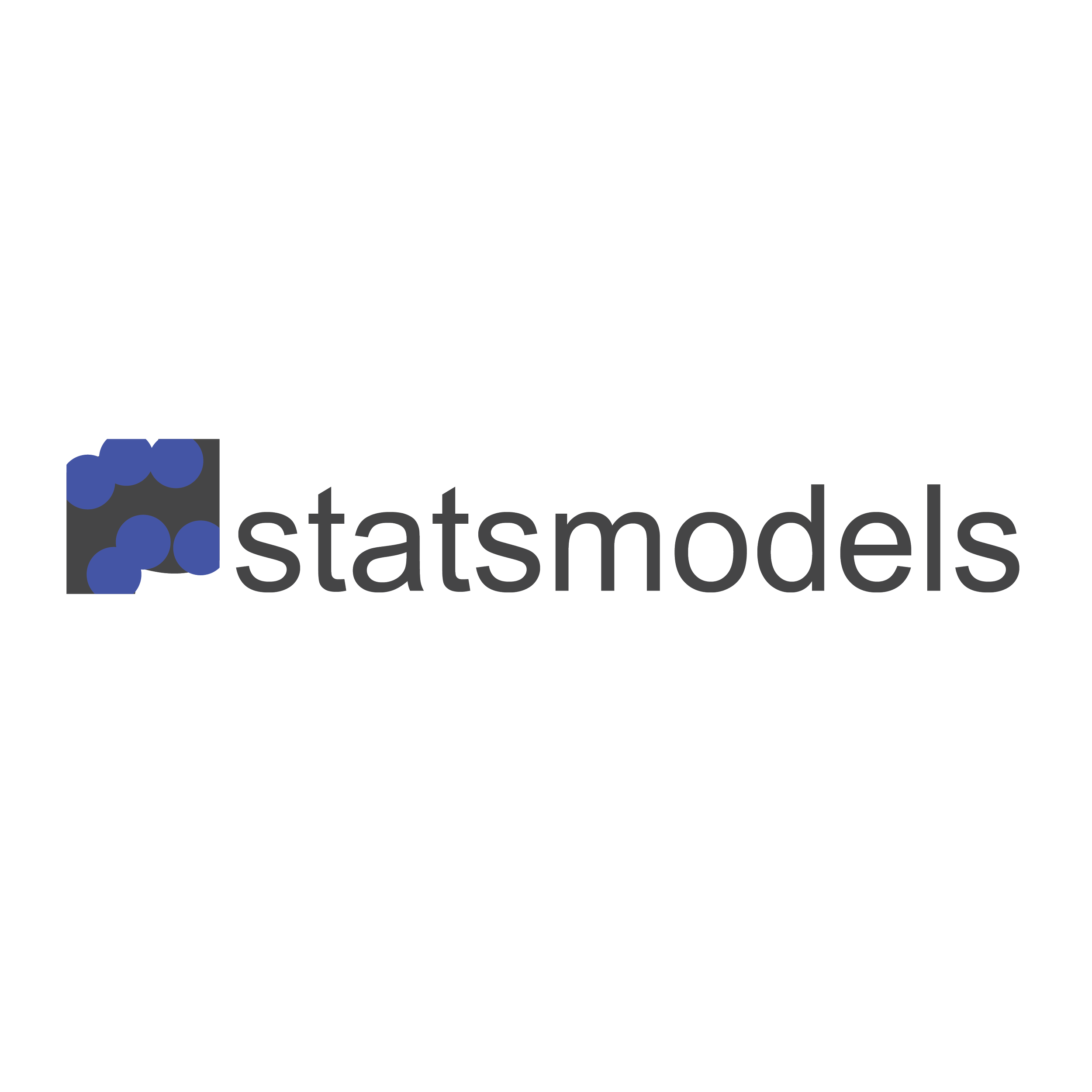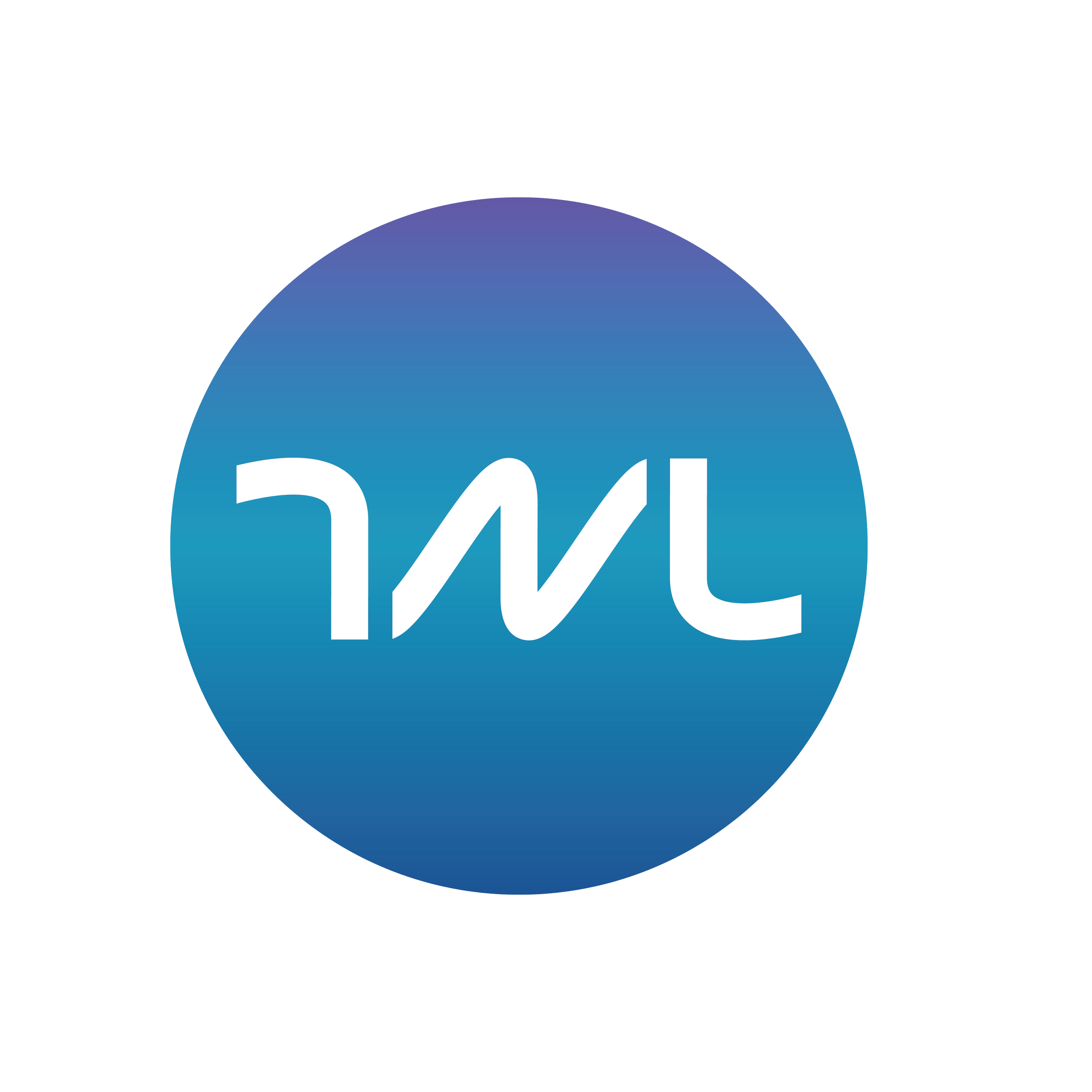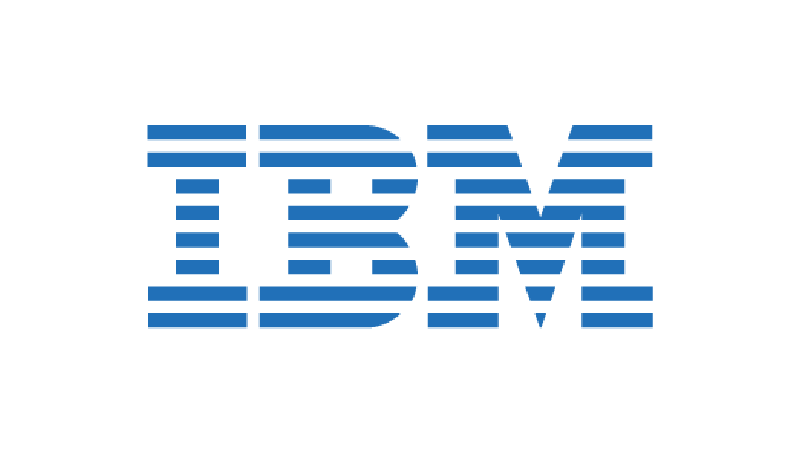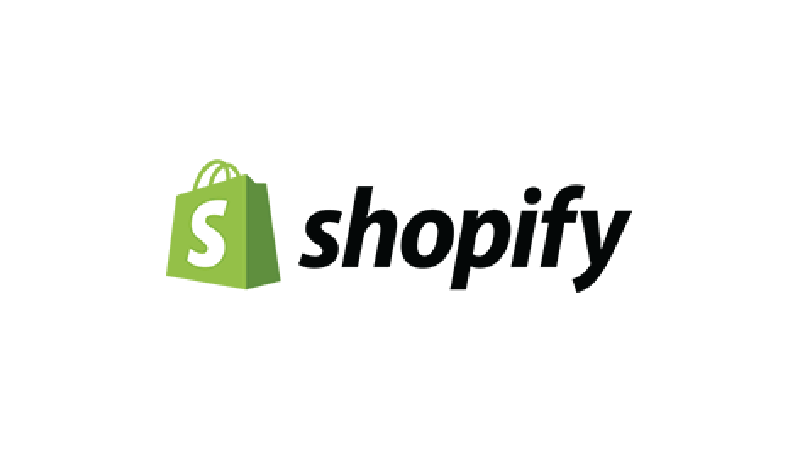2023 IMPACT REPORT
Letter from our Executive Director
Leah Silen
I’m excited to share our 2023 Impact Report. It highlights the achievements and the collective efforts of our community. This year has been nothing short of remarkable. We supported our projects by providing access to critical funding, facilitating the work of volunteer committees dedicated to project health, and organizing events that strengthened and energized our community. These efforts allowed projects to continue reaching development milestones and promoting long-term sustainability. This year underscores the growing recognition of the critical role that open source scientific computing plays in advancing research and innovation across the globe. As we reflect on the past year, we do so with gratitude for the people who made it possible. Their efforts, support, and dedication drive us to continue our work for years to come.
In 2023, projects received over five million dollars through NumFOCUS, marking a pivotal moment in project sustainability. These funds, sourced from grants and generous donations, were instrumental in financing essential work such as maintenance, enhancing interoperability and standardization, training initiatives, and improving accessibility. An additional 3.5 million was dedicated to project services, advancing our core mission of supporting open source scientific computing projects and their communities. Amid rapid technological advancements and the growing prominence of AI and data in our daily lives, NumFOCUS initiatives broadened in scope and deepened in impact.
We expanded our community-led committees and worked to grow the impact of our existing committees. The Project Security Committee was introduced to enhance scientific computing security through risk assessments and recommendations for NumFOCUS projects. The Affiliated Project Selection Committee evaluated 48 applications, providing critical feedback and best practices. The Small Development Grants Committee distributed over $270,000 to support project growth and innovation. Our second DISC Unconference, organized by the Diversity in Scientific Computing committee, was a tremendous success, attracting 36 DEI leaders from 13 countries and producing DEI guidelines and resources for the open source community.
This year, our project communities continued to grow and fulfill their roadmaps, announcing over fifty new code releases. Projects participated in mentorship programs, organized events, facilitated diversity initiatives, and held office hours to connect with their communities. They published papers and collaborated on research projects that drove discovery and innovation at the forefront of science and technology. We congratulate code and non-code contributors on these efforts and are proud to direct resources toward their continued success.
Events are the pulse of our community, creating spaces for connection, collaboration, knowledge sharing, and innovation. Our events spanned the globe this year, offering in-person and online engagement through talks, tutorials, and workshops. With outreach extending to over 8,000 attendees and countless more through recorded content, the impact of these events continues to educate and inspire.
In closing, we thank the individuals deeply invested in the health and longevity of our project communities. We know our mission relies on the collaborative efforts of dedicated community volunteers, project contributors, donors, and staff members. Our heartfelt thanks to our staff for their relentless pursuit of efficiency and adaptability, our Board members for their visionary planning, the Advisory Council for invaluable insights, our volunteers for their invaluable service, and our donors for their unwavering support of our mission.
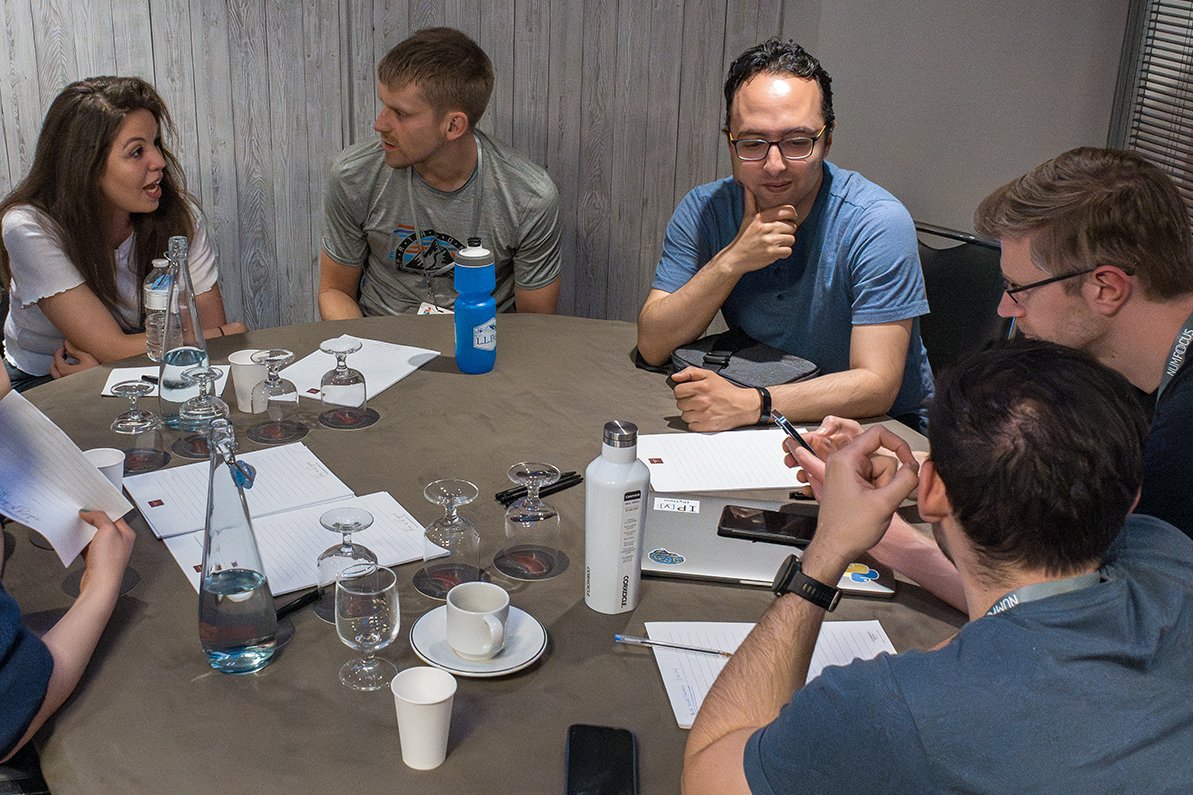
Project Overview & Support
NumFOCUS supports projects across the open-source scientific community. See the impact of NumFOCUS project services throughout 2023.
Small Development Grants
To date, NumFOCUS has awarded projects nearly $1 million in Small Development Grants to fund specific needs. These grants, ranging from $5,000 to $10,000, amplify a culture of progress and exploration. In 2023, 34 proposals were funded, totaling $278,000 in grants.
Sponsored Projects
Check out the work accomplished by our projects this year to see innovation, discovery, and scientific collaboration at work.
Affiliated Projects
View the work done by our Affiliated Projects in 2023, showcasing more work in open scientific discovery. Click on a project logo below to learn more about our Affiliated Projects and their work in 2023.
NumFOCUS 2023 Project Summit
Shared by Matthias Bussonnier from Project Jupyter
The NumFOCUS Project Summit 2023 was from September 11th to 13th. NumFOCUS is a US-based nonprofit that acts as a financial entity and support service provider for many projects in the Python ecosystem and more.
Every year, many projects send a few representatives to the NumFOCUS Summit for a couple of days, and this year the Summit was held near Amsterdam in the Netherlands. As this was in Europe, I could attend as one of the representatives of the Jupyter Project (and IPython).
The NumFOCUS summit was roughly structured as an unconference, with pre-scheduled sessions in the morning and allocated time in the afternoon for concurrent working groups. Those groups would be proposed in the morning and voted upon during lunchtime.
Here are some of my experiences attending the summit.
It was great having the summit in Europe, not only because it's less travel for some of the participants but because getting visas for countries in North America can be difficult. Not having any time-zone change (or at least only an hour or two) is way less tiring, at least for European attendees.
The Summit being in-person is, IMHO, important not only to meet with people you might already know online but also to have a chance to learn from and meet with contributors and maintainers from other projects. Many discussions happened outside of scheduled conference time and in smaller groups.
The unconference format is useful for bringing out topics that would likely not happen otherwise.
Topics Discussed-
This will, of course, be a biased view as I attended only some of the sessions and have my own interests.
Learning about NumFOCUS processes and challenges.
A few of the morning sessions were presented by NumFOCUS staff. The main point I got from those was that NumFOCUS had grown a lot since its inception, and the processes that worked when it was smaller don't scale with the current size. With more than 60 projects under its umbrella, like with many organizations, there are growing pains.
Unlike companies that have a certain uniformity, NumFOCUS works with many projects that each have their idiosyncrasies, making finding tools sometimes difficult.
I'm also happy to learn that NumFOCUS is working on changing its ticketing system for a more streamlined workflow of interaction between project members and NumFOCUS staff.
-
Unconference sessions
Security
We talked about many things related to security processes. One of the longer discussions was about the scoring of CVE assessment of impacts and review of the fixes. This is something that can be fairly difficult for maintainers not trained in security
There was some mention of the new NumFOCUS Security committee and what their role would be. The committee currently has 7 members, and its formation is still in process, but from the draft charter, the high-level role would be:
The Security Committee will improve the safety of research, data, and scientific computing communities by assessing and making recommendations to address cybersecurity-related risks in NumFOCUS sponsored projects.
From my experience as part of the Jupyter Security Committee, I think that having a role at the NumFOCUS level to centralize Security report reception, high-level triage, and forwarding to the relevant Project Maintainers and monitoring responses would be helpful to avoid duplicating this process at each project level.
Some discussions happened around the conflicting uprating modes of Security vs. open source and the difficulty it entails.
We wondered whether a security bug bounty program should be run at the NumFOCUS level and how to fund it.
Documentation
Another unconference session I participated in was the documentation one. This was less structured, but there were some good iterations.
One of my main feelings is that people are happy with sphinx, which is still widely used in the ecosystem. Many projects feel the limitation and have the impression we are trying to make sphinx do more and more things it was not meant to achieve in the first place. Should, for example API and Narrative docs use the same tools?
More questions were raised around the process of documentation and tooling to "verify" docs. How can we ensure docs are written? Rust project has tools for “docs coverage” Could we have this for Python? There was some mention of PEP 782, but many attendees are not familiar with it yet, as it is quite recent and still being written.
The session was finished with a wishlist of things that Sphinx or current tooling can not do (easily): - in IDEs, have documentation in the viewer that is as good as in the rendered docs - have multiple input types as first-class citizens (Sphinx is still very first-centric). For example, translation of notebooks breaks down easily - have documentation for all ecosystems under the same UI - break 1-1 connection between rst <-> html - not be limited by static HTML as an output, i.e., can I take all the existing docs and render it in, for example, a Single Page Application with dynamic rendering options. - reducing friction in writing documentation. Docusaurus mentioned as an example of another tool with a much faster rendering cycle but doesn't have "intersphinx" - numpydoc could be stricter to enforce more consistency across projects
We ended up creating a discord channel for documentation: https://discord.com/invite/vur45CbwMz
Academic Recognition and Licenses
Throughout the Summit I heard the familiar thread of lack of contribution recognition, particularly in the academic world. Academic careers rarely reward software contribution, and even when this is the case, new software contributions are preferred to existing ones.
Publications also often forgo software citation, and as usual, many discussions floated around this topic.
One thing that caught my attention was the discussion about Software Licensing and the question of the effects of having a license that includes a clause that software must be cited in an academic paper if used for given research. Funding sources often have such clauses that the institution giving money for research must be disclosed. Is the legal avenue one way to incentivise institutions to ensure software is cited?
Project Perspective
Sanket Verma - Zarr Contributor
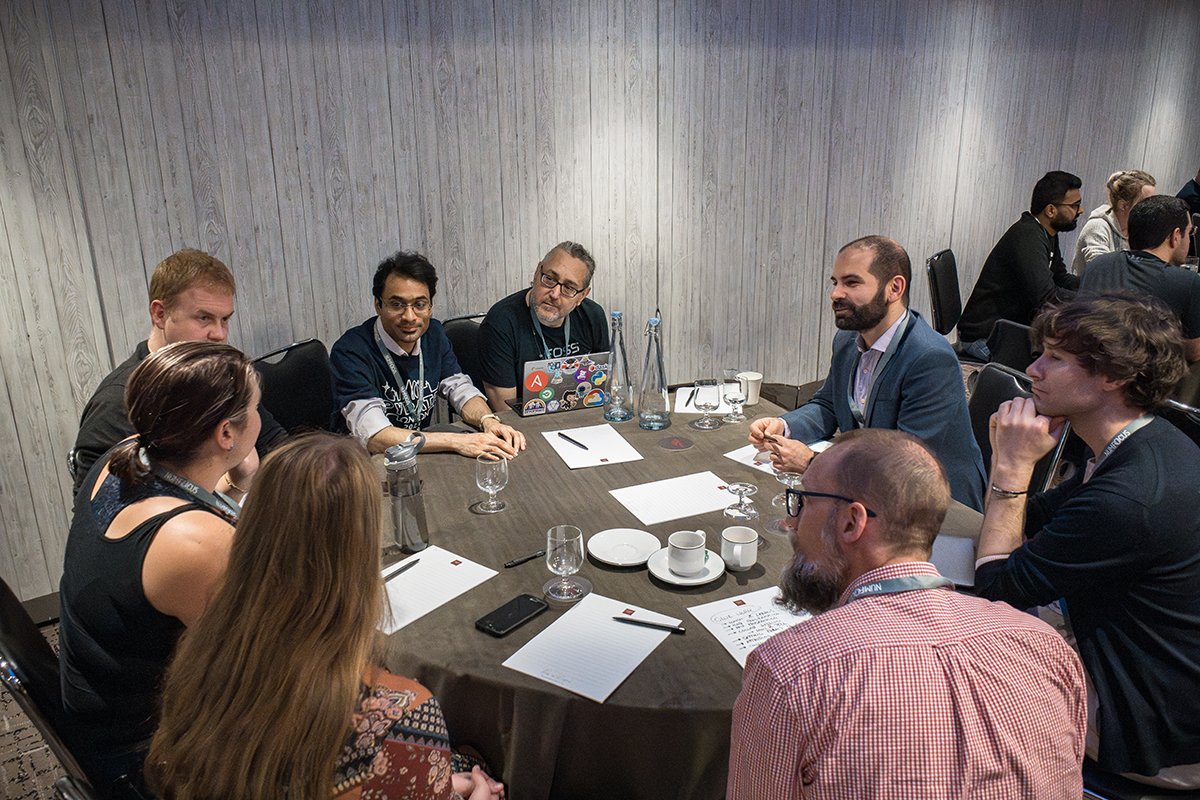
Community Leadership
At the heart of NumFOCUS is a community fueled by passion, dedication, and a shared commitment to open source science. Project contributors, volunteers, and donors form the backbone of our success. The positive impact of community leaders on our mission can be seen in the four committees below.
-
2023 was a successful year for the committee as they reviewed 48 applications leading to the acceptance of 14 new NumFOCUS Affiliated Projects. A huge thank you to the 2023 committee members for their service and dedication to the APSC.
2023 Committe Members:
Larry Gray - Vice President
Florian Roscheck - Secretary
Logan Kilpatrick
Paul Anzel
Rocco Meli
Filipe Fernandes
Vyas Ramasubramani,
Adrin Jalali
Leopold Talirz
Mark Mikofski
-
The Diversity & Inclusion in Scientific Computing (DISC) Committee leads NumFOCUS’s focus on diversity and inclusion to create a more inclusive scientific and open-source ecosystem. Through programs and initiatives, we want to create spaces where everyone feels welcome, valued, and excited to contribute. In 2023, the DISC Committee made significant strides in advancing diversity and inclusion within the community:
DISC Unconference 2023: This hybrid two-day unconference brought together DEI leaders from over thirteen countries to bring new perspectives from around the globe. The event ended by having participants share best practices for diversity, equity, and inclusion within the open-source community.
Update of the DISCOVER Cookbook: The DISCOVER Cookbook is a tool for conference and event organizers to help support and encourage diversity and inclusion at their events. In 2023, the Cookbook received some updates to better support event managers.
DISC Steering Committee Members in 2023:
Melissa Mendonca (Co-chair)
Tania Allard (Co-chair)
Ana Ruvalcaba
Tereza Iofciu
Noa Tamir
Rachel Malbin
Mark Mikofski
Mariana Meireles
Arliss Collins (Staff)
Katrina Riehl (Board member)
-
Our Small Development Grants program has seen steady growth over the years, awarding just over $270,000 in 2023. Led by community volunteers passionate about the health and sustainability of NumFOCUS projects, the committee ensures funding decisions are unbiased and equitable.
2023 Committee Members:
Bryan Weber, Co-chair
David Pérez-Suárez, Co-chair
Brian Skinn
Mridul Seth
Pamphile Roy
Pramod Misra
Jelena Milosevic
Magdelena Wiercioch
Robert Coup
Ashley Pace
Sarah Kaiser
Kalyan Prasad
Sophia Yang
-
The Open Source Science Initiative accelerated in our mission to connect users of open source research software with the development teams behind that software.
Development of the Map of Open Source Software (MOSS) began, supported by ongoing interest group calls in Healthcare and Life Sciences, Climate and Sustainability, and Chemistry. MOSS is an interactive, composable map of open-source research software that lets you explore the following five key questions:
Which open-source scientific software tools are available in any given domain?
Which tools produce what published research?
Who are the people behind both the papers and the tools?
Who funds development and maintenance of these papers and tools?
Which nodes in the system produce the greatest impact as defined by the user?
Learn more about MOSS and view some demos of the prototype at https://map.opensource.science
In September, we launched “Spotlight,” a new series where we present science-related OSS tools and the people and stories behind them. We want the series to shine a light on how open-source scientific software “gets done” while highlighting the outstanding tools that exist in the open-source research software ecosystem. The first three Spotlight posts were published in 2023, and we’re looking forward to seeing many more in 2024.
The team also connected with practitioners and developers at over 40 conferences and meetups around the world!
We look forward to next year as we continue MOSS development, expand our interest group support, and refresh our communications material including our website. For now, check out our Medium or subscribe to our newsletter for information on how to get involved with OSSci!
Project Perspective
Gareth Thomas - Julia Contributor
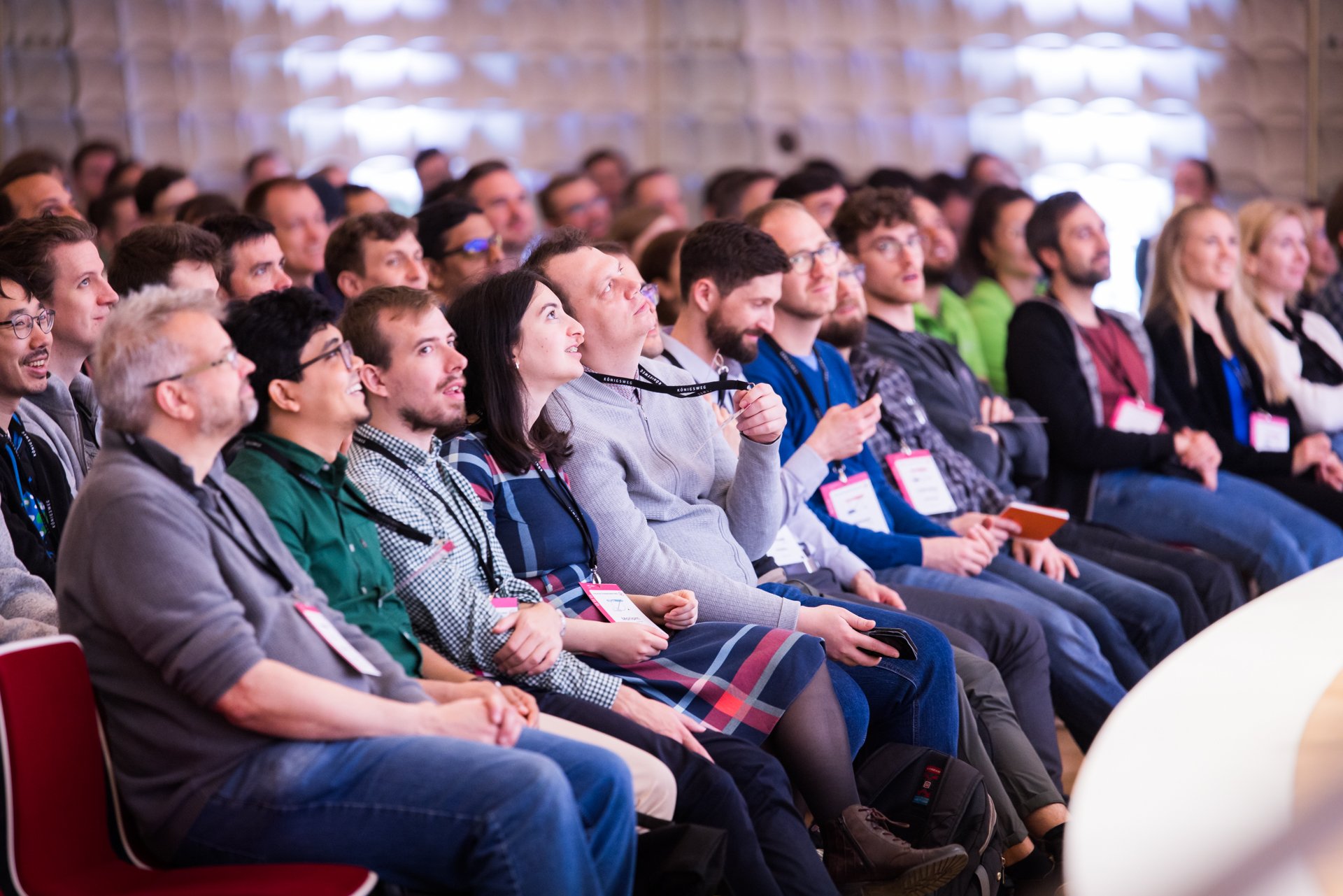
Community Education & Outreach
PyData is NumFOCUS’s most extensive educational program, comprised of worldwide events, meetups, and online channels. The PyData community is a constantly expanding wellspring of transformative thinkers, passionate participants, and ardent learners.
This year community participation around the world increased as PyData topics such as generative AI, Machine Learning Operations, Deep Learning, Large Language Models, and Data Visualization have grown in popularity. PyData is a home for community members to gather, learn from one another, and network around these popular topics.
PyData Events










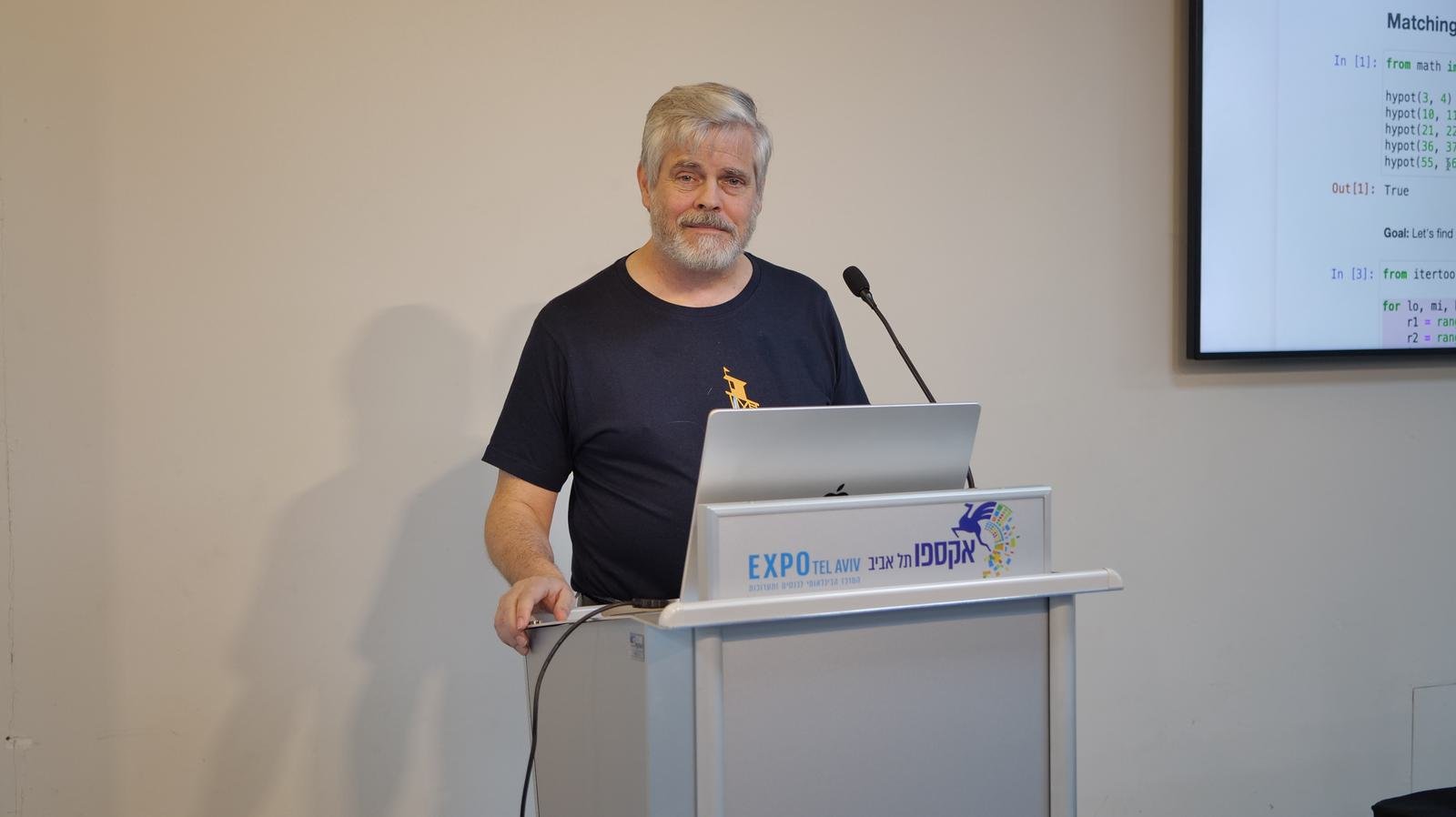
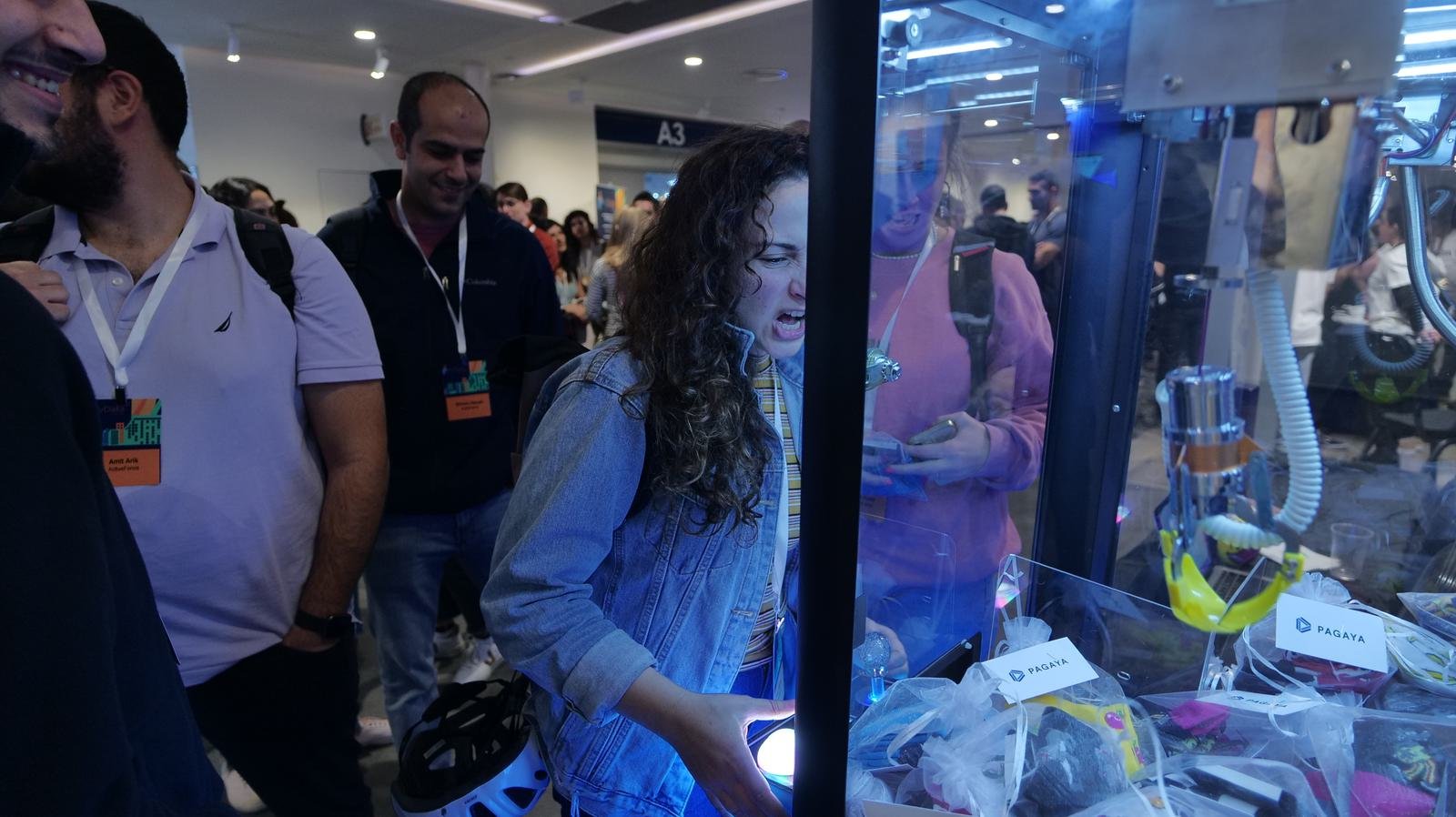
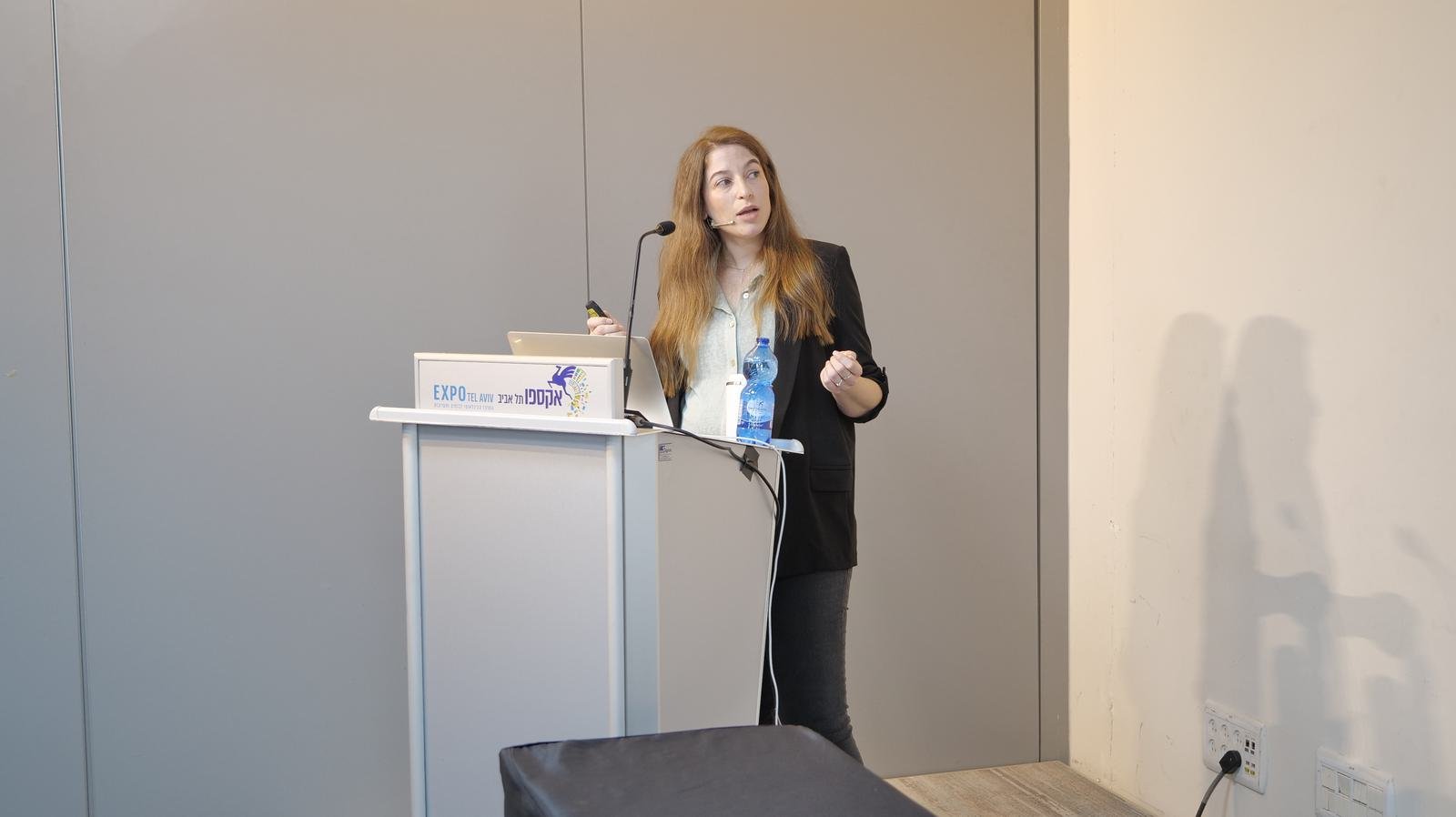
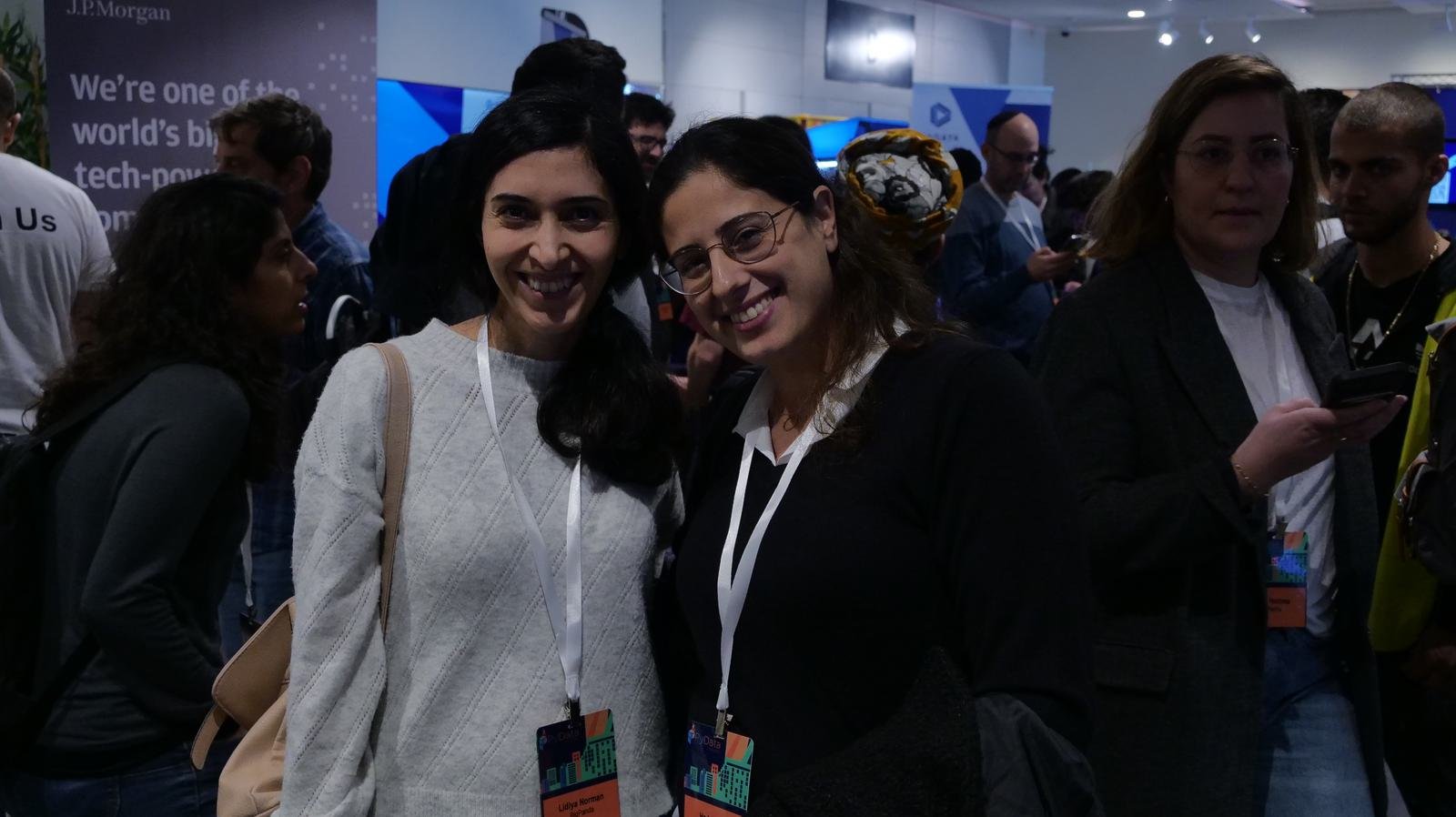
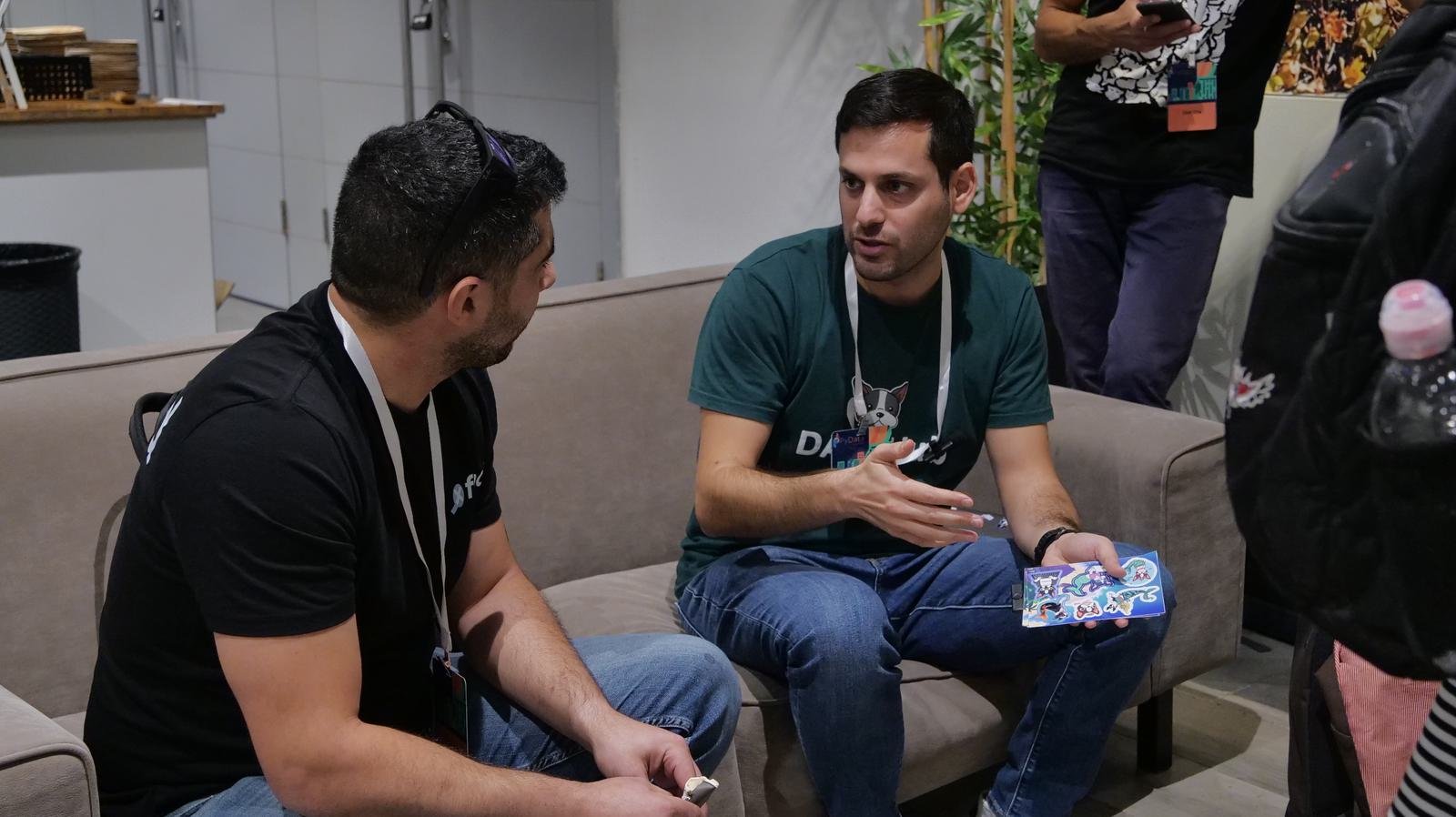
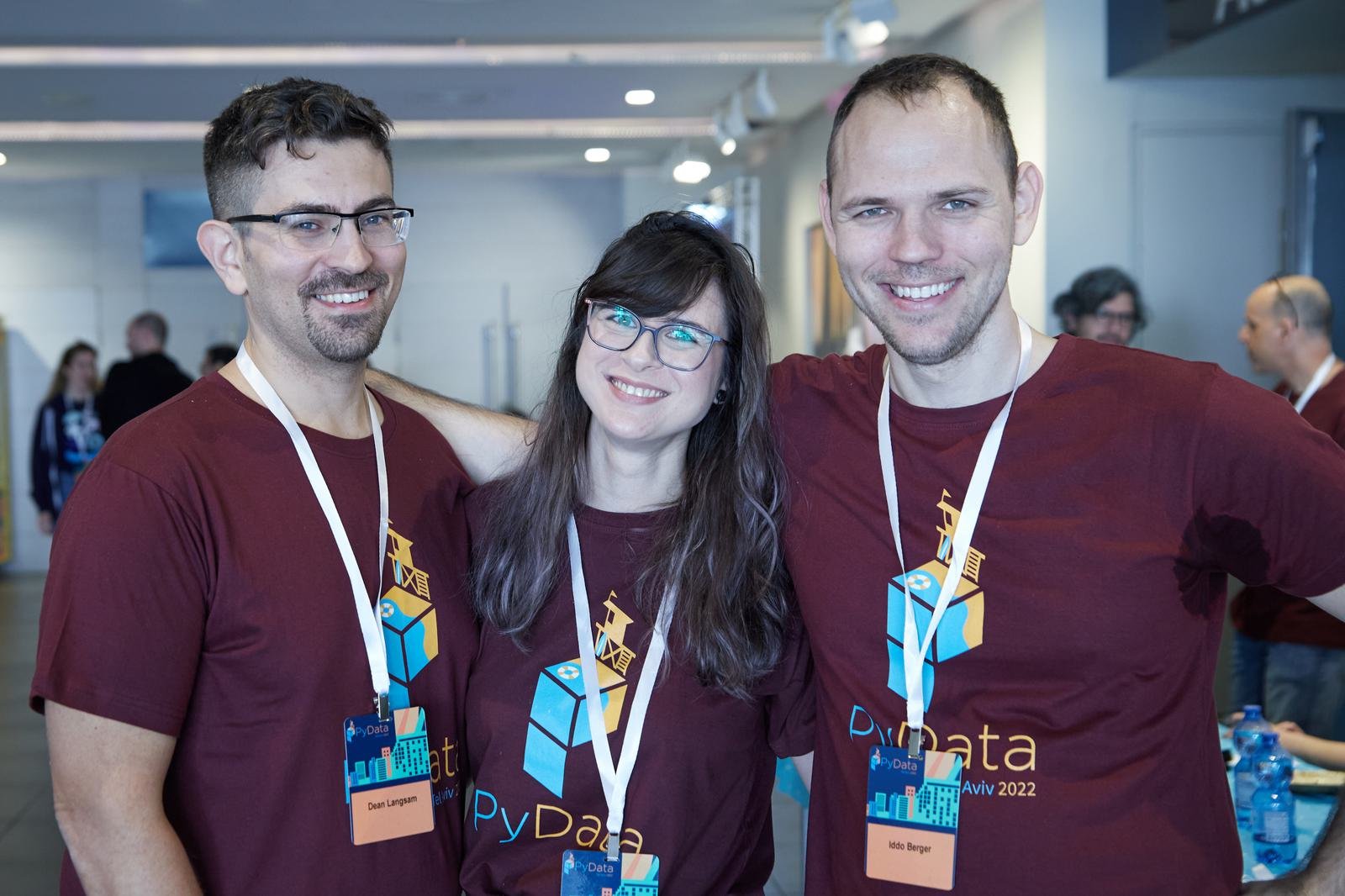
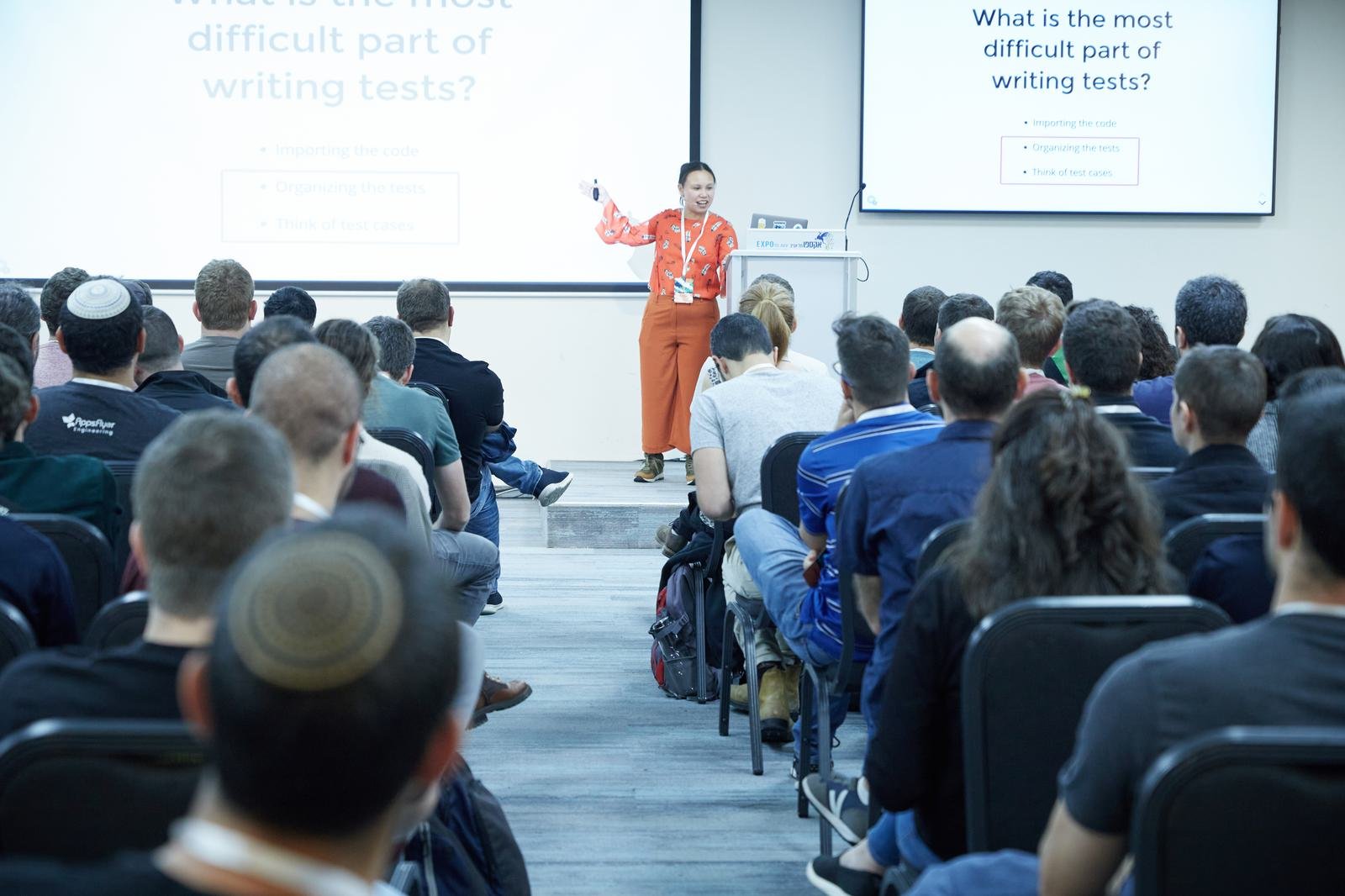
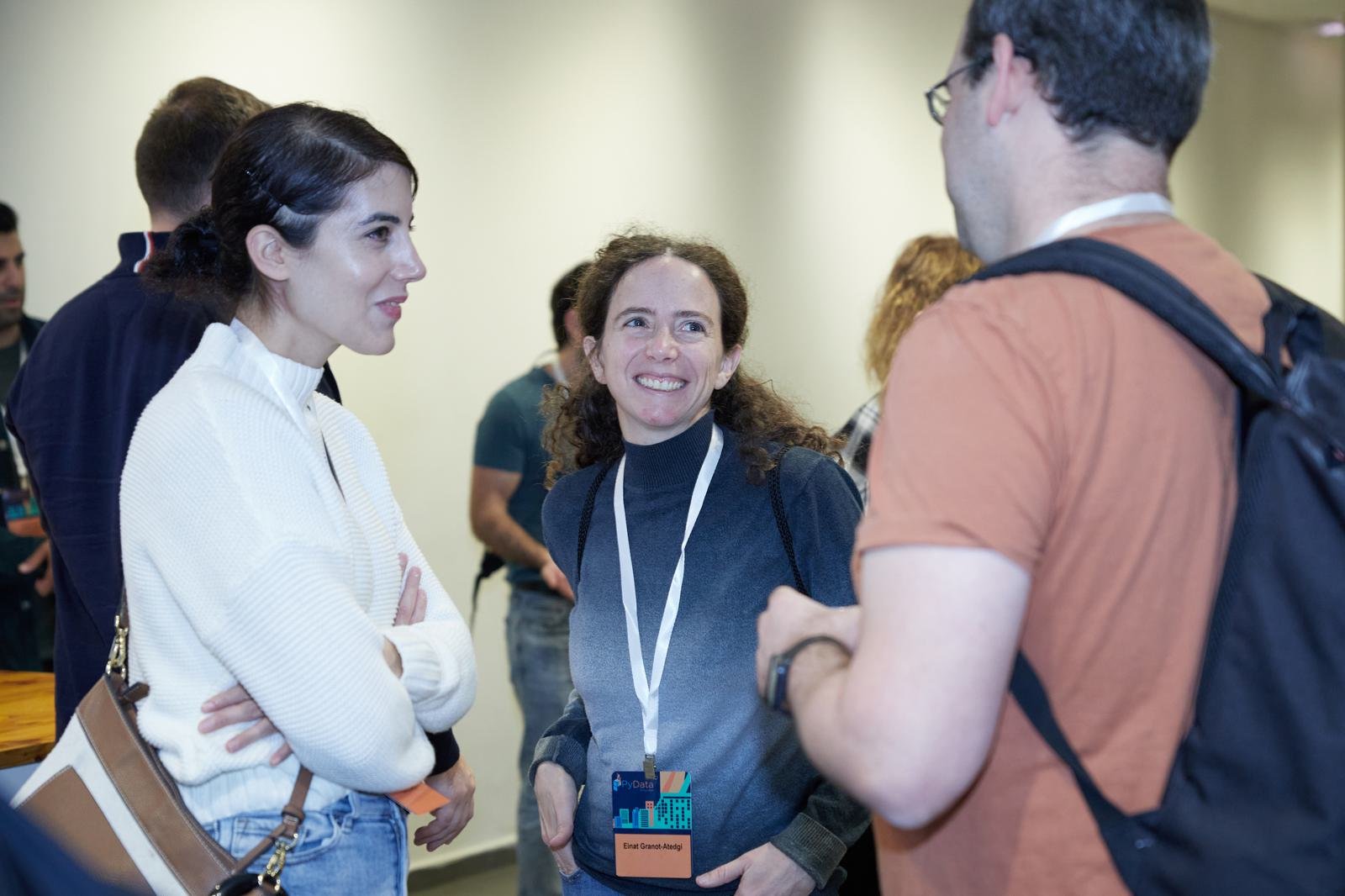
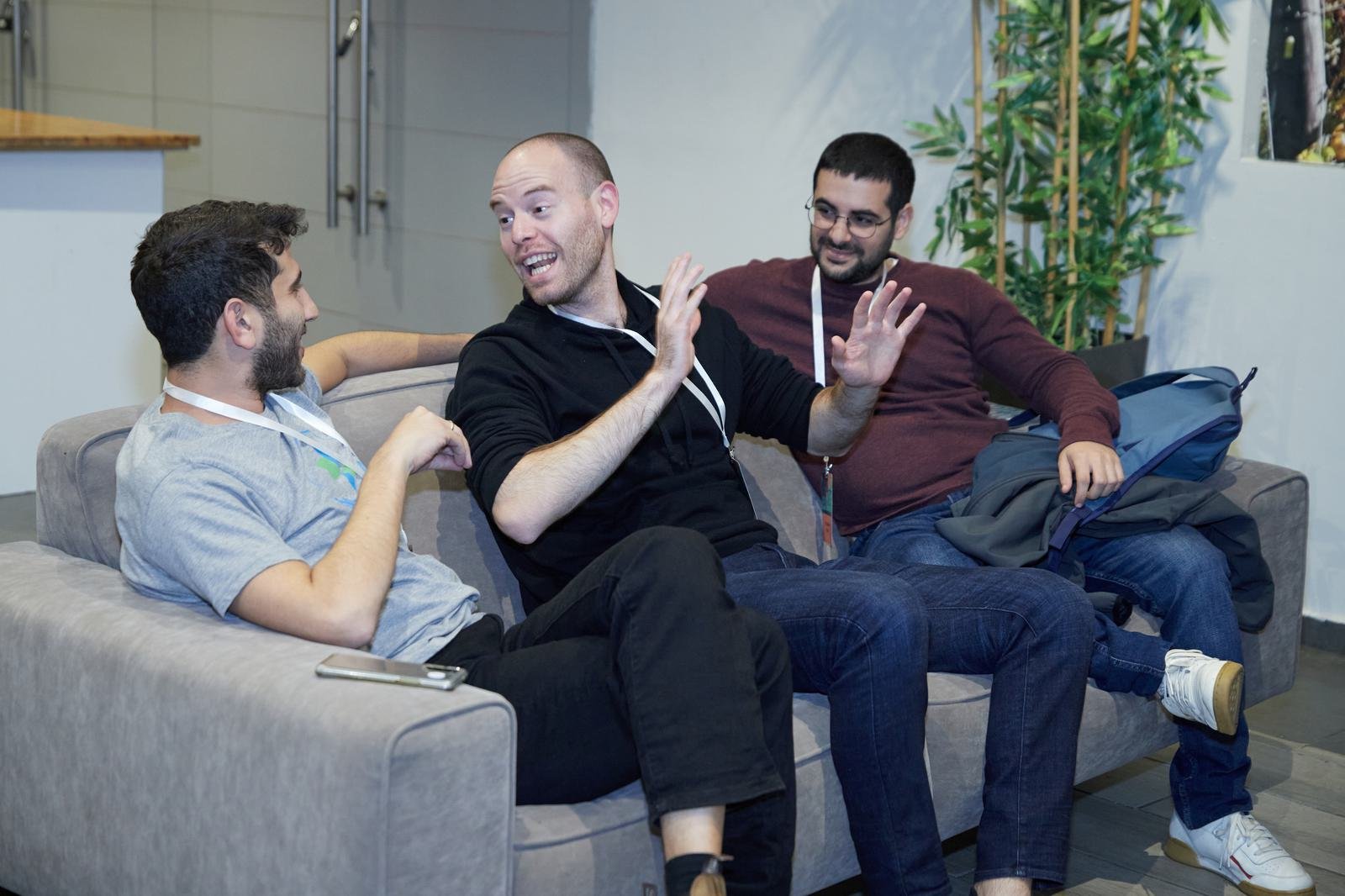
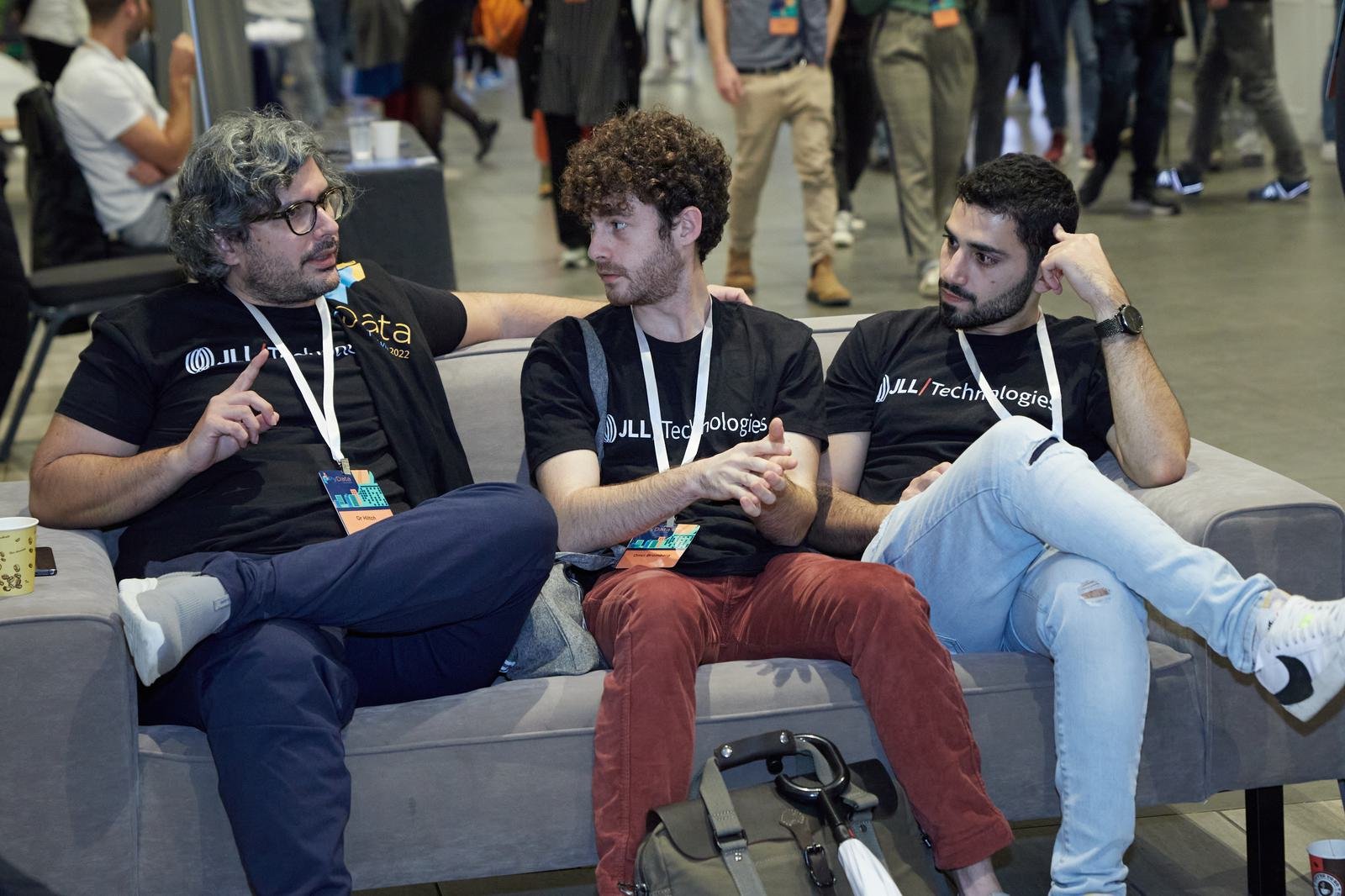
Attendees: By the Numbers
Other community events
In 2023, conferences hosted by NumFOCUS created opportunities for collaboration, innovation, and community building within the open-source scientific computing world. These events provided ways for contributors to come together, share knowledge, and create meaningful connections. At these conferences, attendees learned about the latest advancements, best practices, and emerging trends across various open-source projects.
JupyterCon
Held at the Cité des Sciences in the city of Paris, from May 10 to 12, JupyterCon 2023 was a celebration of all things Jupyter. With 484 attending, community members participated in talks, tutorials, sprints, community events, and a ton more opportunities to share knowledge, collaborate, and build professional skills. The conference was dedicated to the Jupyter ecosystem of data scientists, researchers, educators, and developers worldwide. The program showcased the latest advancements in data science tools, techniques, and applications within the Jupyter environments.
PackagingCon
PackagingCon 2023 brought together different software packaging ecosystems to share best practices and discuss common challenges in software packaging. From Python’s pip to Rust’s cargo to Julia’s Pkg, from Debian apt over Nix to conda and mamba, and from vcpkg to Spack. The 2023 conference drew 200 participants and featured over 40 presentations.
Package management helps tame software complexity and establishes and maintains software supply chain security. The 2023 event, for developers of software package management tools, as well as software packagers and communities, addressed the challenges of this domain that embraces a diverse set of solutions.
SciPy 2023
In 2023, NumFOCUS organized the 22nd Scientific Computing with Python Conference (SciPy 2023) in Austin, Texas. This year's conference showcased two featured talk tracks: "Tending Your Open Source Garden: Maintenance & Community" and "Machine Learning, Data Science, & Ethics in AI." Additionally, attendees had the opportunity to join five domain-specific tracks covering topics like bioinformatics, social science, neuroscience, astronomy and physics.
The event featured 28 tutorials, including topics such as deep learning and interactive visualization. Keynote speeches from industry leaders Angela Pisco, Michael Droettboom, and Rumman Chowdhury highlighted the latest developments in computational biology, software engineering, and applied algorithmic ethics. Attendees also enjoyed smaller sessions, leading to two days of sprints focused on developing and maintaining open-source Python scientific software.
Community Event Attendees
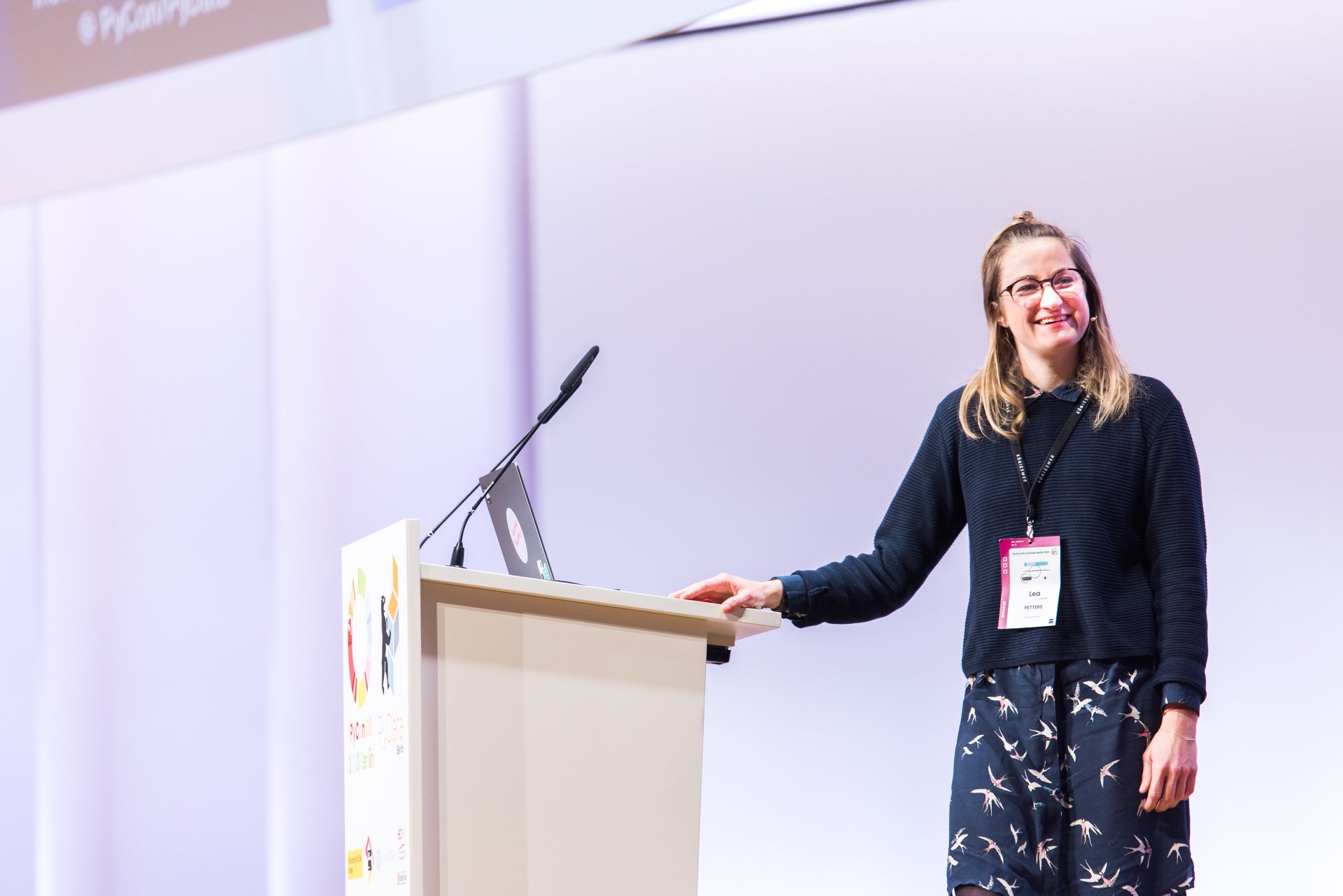
Diversity, Equity & Inclusion
Initiatives & Programs
PyData Global’s Impact Scholarship Program welcomed a new cohort of 109 scholars to participate in year two of the event’s DEI initiative aimed at supporting career development. Applicants came from all corners of the globe, representing 40 countries in total. As part of this year’s program, scholars had access to a specialized conference track with opportunities to network with mentors, access industry experts, and socialize with fellow scholars.
Across the event, Impact Scholars were able to join 12 workshops and talks, covering topics like machine learning, portfolio building, and how to get started in a data science career. In addition, they had the opportunity to meet one-on-one with mentors to learn even more about how to jump-start their future careers.
The 2023 scholarship cohort is encouraged to continue their journey by attending bi-monthly lightning talks and BoF sessions. Additionally, we are planning to organize an online hackathon.
Hear from one of our impact scholars:
“It was an exciting and motivating experience. The time, effort, and resources I received greatly impacted my reasoning and mentality, both technically and career-wise. This mentorship has been truly fantastic, even beyond my expectations. I am excited to continue experiencing motivation, guidance, and connecting with communities.”
Impact Scholarships
DISC Unconference
During this year’s DISC Unconference, thirty-six leaders met in Amsterdam and online to create DEI-focused guidelines and educational materials for the broader Open Source community. With funding from the Gordon and Betty Moore Foundation, this event was a part of NumFOCUS’s Contributor Diversification and Retention Program. One of the major outcomes of Unconference included developing six projects to foster inclusivity within open-source communities:
Mentoring Guide for Open Projects
Project Taxonomy and Recommendations for Diversity, Equity and Inclusion
Methodologies for Collecting Community Data
Organizational Guide for Supporting Volunteers and Reducing Burnout
Knowhow: Everything You Wanted to Know About Applying for Grants but Didn’t Ask
Strong DEI (AKA: DEI Handbook)
These projects have the potential to continue growing as contributors and supporters engage with and test them to make sure they leave a positive impact.
On the operational level, the conference is followed by regular Zoom calls and project collaborations.
Community Leader Testimonial
Tania Allard - Director, Quansight Labs, 2023 DISC Committee Co-Chair
Thank you!
NumFOCUS 2023 DEI initiatives were only possible because of the time and effort contributed by amazing human beings! We especially thank:
DISC Committee members, DISC Unconference participants
PyData Global Impact Scholarship Program Committee members, mentors, trainers, speakers, and hosts.
Your hard work and dedication make a difference on a global scale.
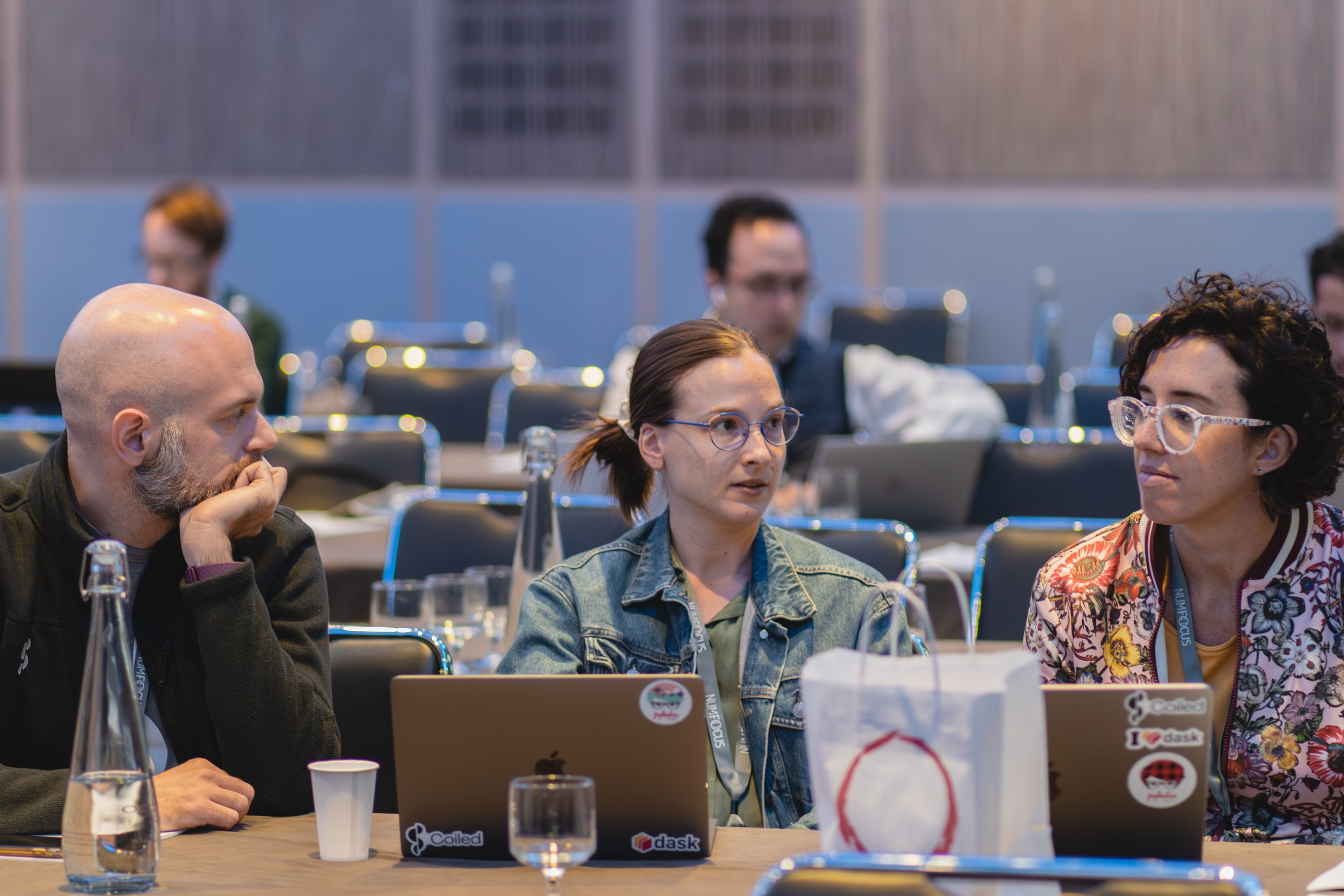
Support Network
Chan Zuckerberg Initiative: Essential Open Source Software Funding
Thank you to the Chan Zuckerberg Initiative for their support of our projects in 2023. Throughout the year, 10 projects were awarded funds, equaling just over 2 million dollars in grant funding.
Corporate Sponsors
In 2023, NumFOCUS welcomed several new corporate sponsors to our work with open-source projects:
Holocene Advisors
Snowflake
Tessera Therapeutics
Bytewax – NumFOCUS’s first Startup Partner
We also want to recognize JetBrains for their partnership during our end-of-year campaign. JetBrains pledged funds from all first-year revenue generated from PyCharm licensing purchased during the month of December. In addition, we’re thankful for Netflix and AWS for their pledge of $5,000 each to match individual donations during the month of December.
Principal Corporate Sponsors
Sustaining Corporate Sponsors
Contributing Corporate Sponsors
Community Sponsors
Startup Partners
With support from
Financials
Revenue
-
Corporate Donations
Project Restricted: $363,159.91
Program Restricted: $100,000.00
Unrestricted: $810,519.81
Individual Donations
Project Restricted: $113,115.05
Unrestricted: $118,841.15
-
Project Restricted: $1,962,001.60
Program Restricted: $5,000.00
Unrestricted: $50,000.00
Google Season of Docs: $7,552.39
Google Summer of Code: $44,950.00
-
NumFOCUS Events: $1,710,619.38
Project Events: $696,347.57
Total Events: $2,406,966.95
Fiscal Sponsorship Fees: $424,443.83
Project Service Agreements: $599,592.40
-
Merchandise Sales: $1,107.03
Interest and Credits: $112,433.00
New Project Fund Transfers: $149,838.49
-
Restricted (Program/Project): $4,041,557.41
Unrestricted (Project Support): $3,227,964.20
Expenses
-
Consulting & DevOps: $21,830.50
Legal Services: $40,354.89
NumFOCUS Staff & Recruiting: $1,359,785.99
-
Accounting, Payment Processing & Fees: $66,103.16
Cloud Services & Hosting, Documentation: $19,366.16
Community Engagement Platforms: $41,672.08
Communication Services: $20,638.31
Marketing & Graphic Design, Fundraising: $21,903.70
-
Administrative Software: $6,598.20
Cloud Services & Hosting: $26,501.84
Community Management: $1,327,840.64
Communications: $1,347.09
Consulting, Personnel: $71,722.00
Dev Ops and Platform Maintenance: $62,856.76
Development: $2,899,643.05
Documentation: $95,819.03
Equipment, Supplies: $12,832.45
Events and Workshops: $918,324.93
Fiscal Sponsorships, Indirect Costs: $424,397.83
Graphic Design & Marketing: $7,362.97
Meals & Travel: $205,378.37
Project Transfers Out: $8,166.94
Scholarships, Sponsorships, Awards: $167,800.00
Subcontract/Subaward Indirect Costs: $81,820.61
Web Development & Maintenance: $11,562.40
-
Community Management, Software: $26,427.44
DISC Unconference: $70,080.69
Project Summit: $177,427.56
PyData Events & SciPy: $1,403,081.57
Scholarships, Sponsorships, Awards: $4,000.00
Small Development Grants: $277,210.73
Meals & Travel: $2,101.91
-
Bank Charges, Investment Expense: $5,518.64
Equipment & Supplies, Shipping: $8,112.54
Insurance & Licenses: $4,843.00
Office Expenses: $1,400.00
Administrative Software: $15,780.02
Meals & Travel: $33,476.76
2023 Project Financials
People
The NumFOCUS Board of Directors
-

Sylvain Corlay
-

Logan Kilpatrick
-

Rosie Pongracz
-

James Powell
-

Katrina Riehl
-

Lawrence Wilson Gray
The NumFOCUS Staff
-
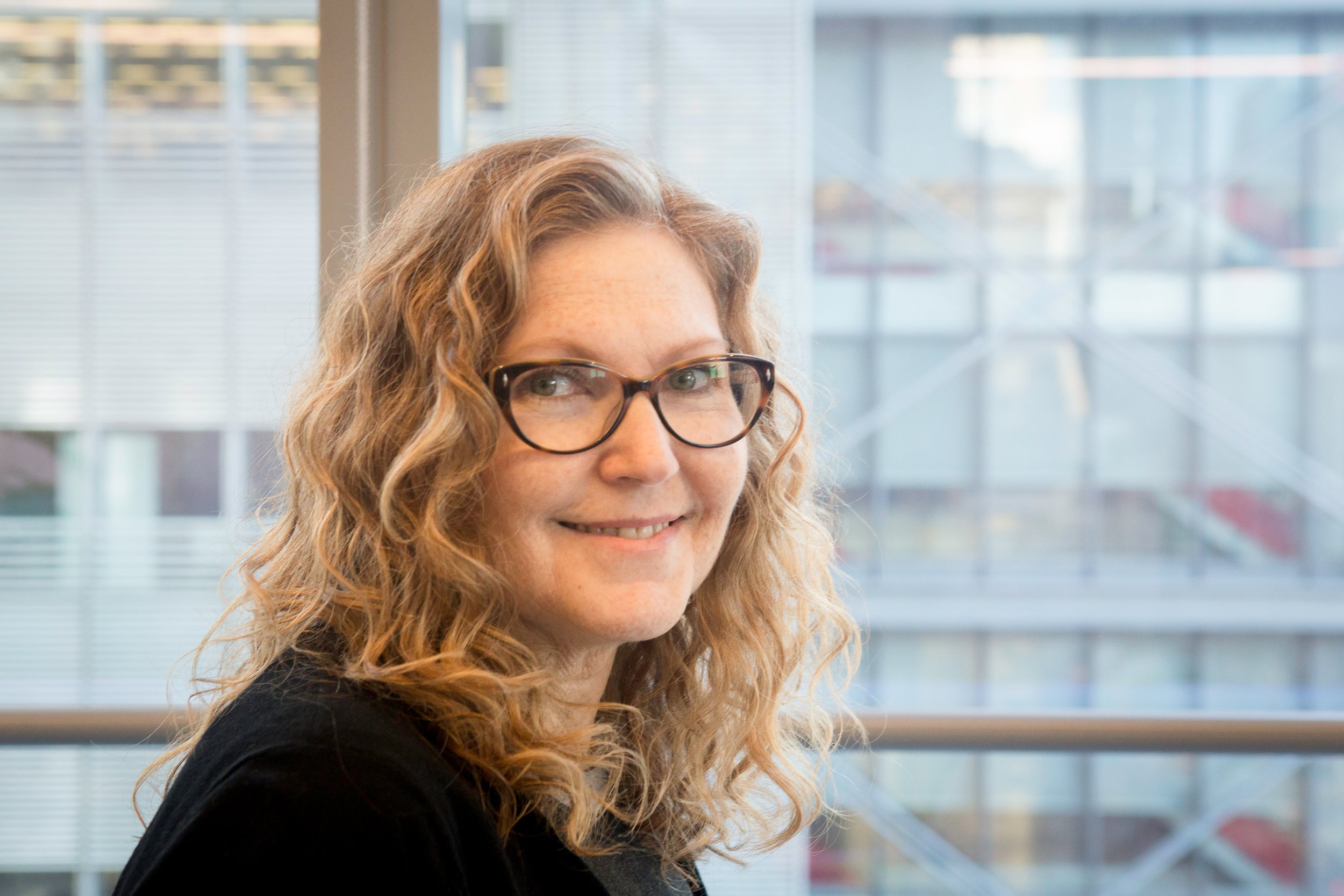
Leah Silen
Executive Director
-

Lynn Brubaker
Executive Assistant
-

Nicole Foster
Director of Operations
-

Nolan Fortman
Business Development Director
-

Arliss Collins
Open Source Developer Advocate
-

Kamila Stepiniowska
Project DEI Lead
-

Miriam Mueller
Finance Director
-

Savannah Simons
Program Finance Specialist,
-

Chervonne Rogers
Events Finance Specialist
-

Lindsay Stecher
Grant Manager
-

Jim Weiss
Director of Events and Resources
-

Samina Trachier
Events Manager
-

Tomara Youngblood
Events Manager
-

Jonathan Starr
Program Manager - OSSci
-

Kelby Lorenz
Digital Marketing Specialist
-

Donovan DelValle
Digital Marketing Coordinator
-
Janay Warner
Contract Administrator
The NumFOCUS Advisory Council
-
Matt Greenwood
Two Sigma
-
Jason Grout
Databricks
-
Stefan Karpinski
JuliaHub
-
Shahrokh Mortazavi
Microsoft
-
Travis Oliphant
Quansight / OpenTeams
-
Fernando Pérez
UC Berkeley
-
Gabriela de Queiroz
Microsoft
-
Peter Wang
Anaconda
-
Andy Terrel
NVIDIA
-
JJ Allaire
Posit
-
Tracy Teal
Posit
-
Stephanie Stattel
Bloomberg
-
Alexy Khrabrov
IBM
-
Mike McCarty
NVIDIA
-
Micahel Zargham
BlockScience
-
Nathan Epstein
Holocene Advisors
-
Amanda Casari
Google
-
Ruben Di Battista
QRT


